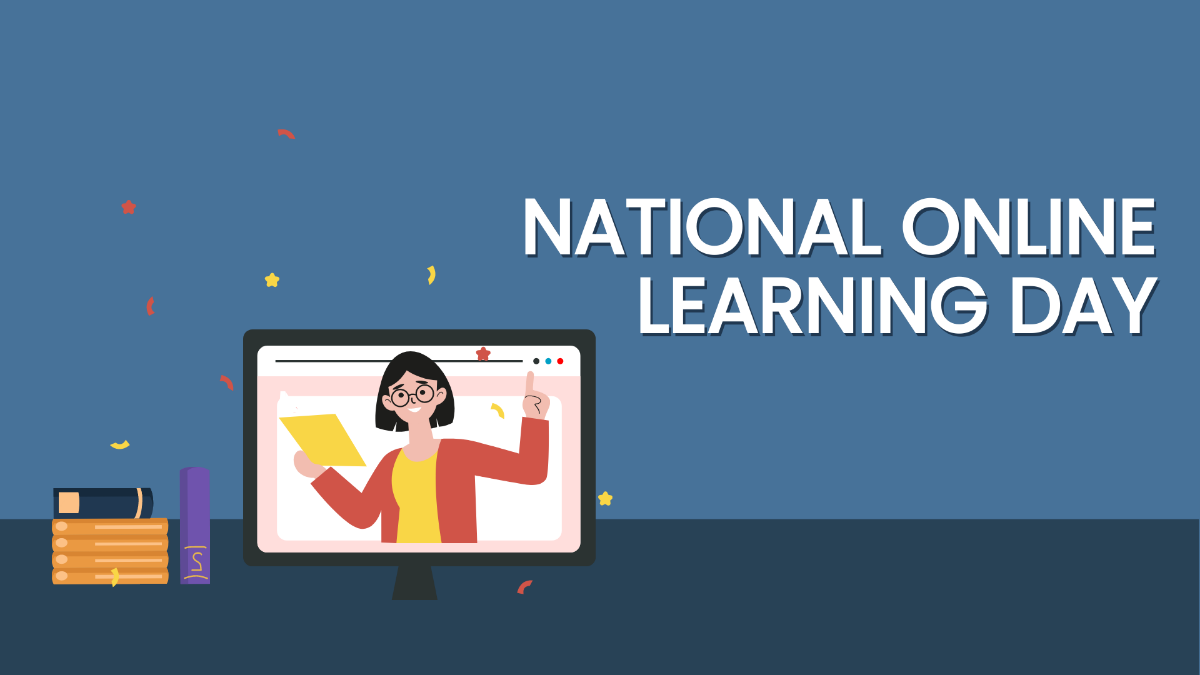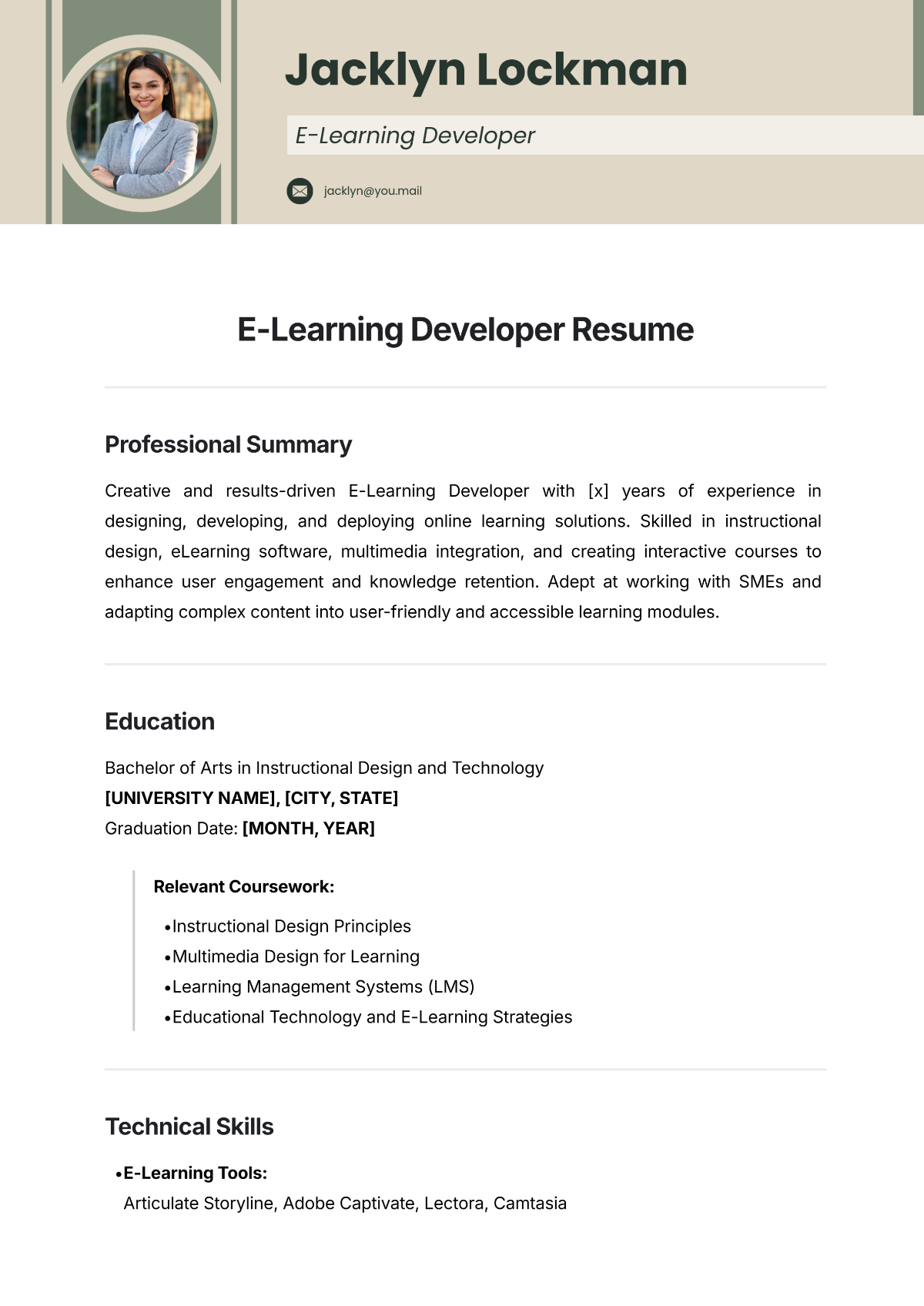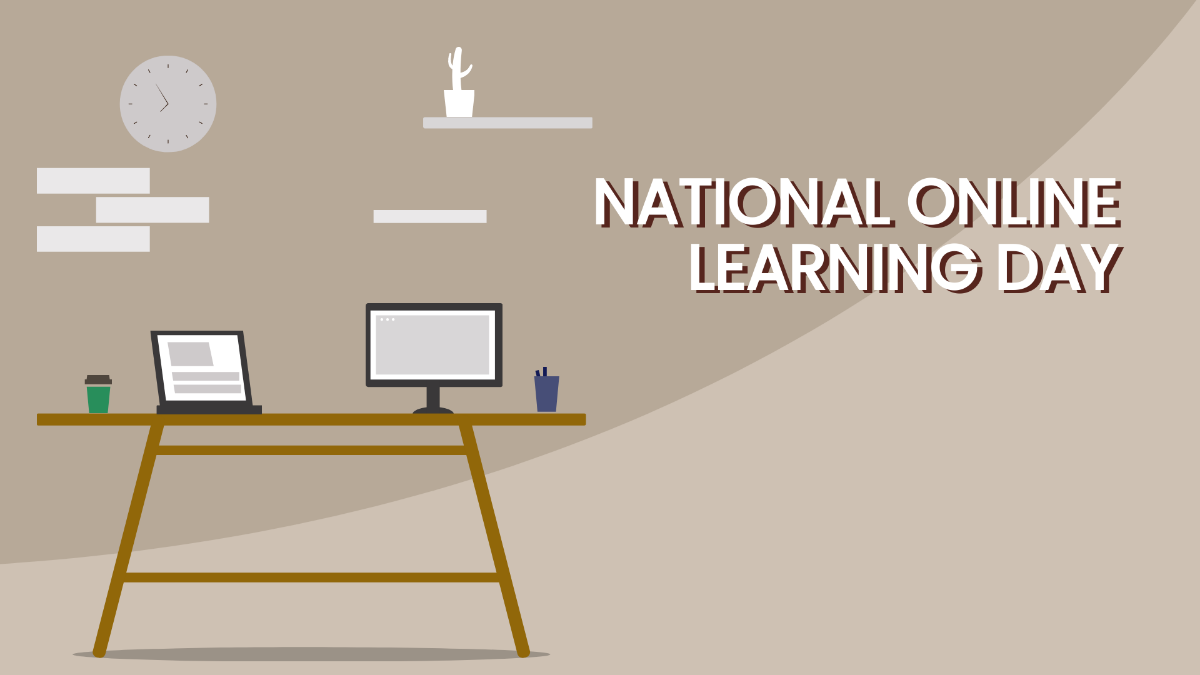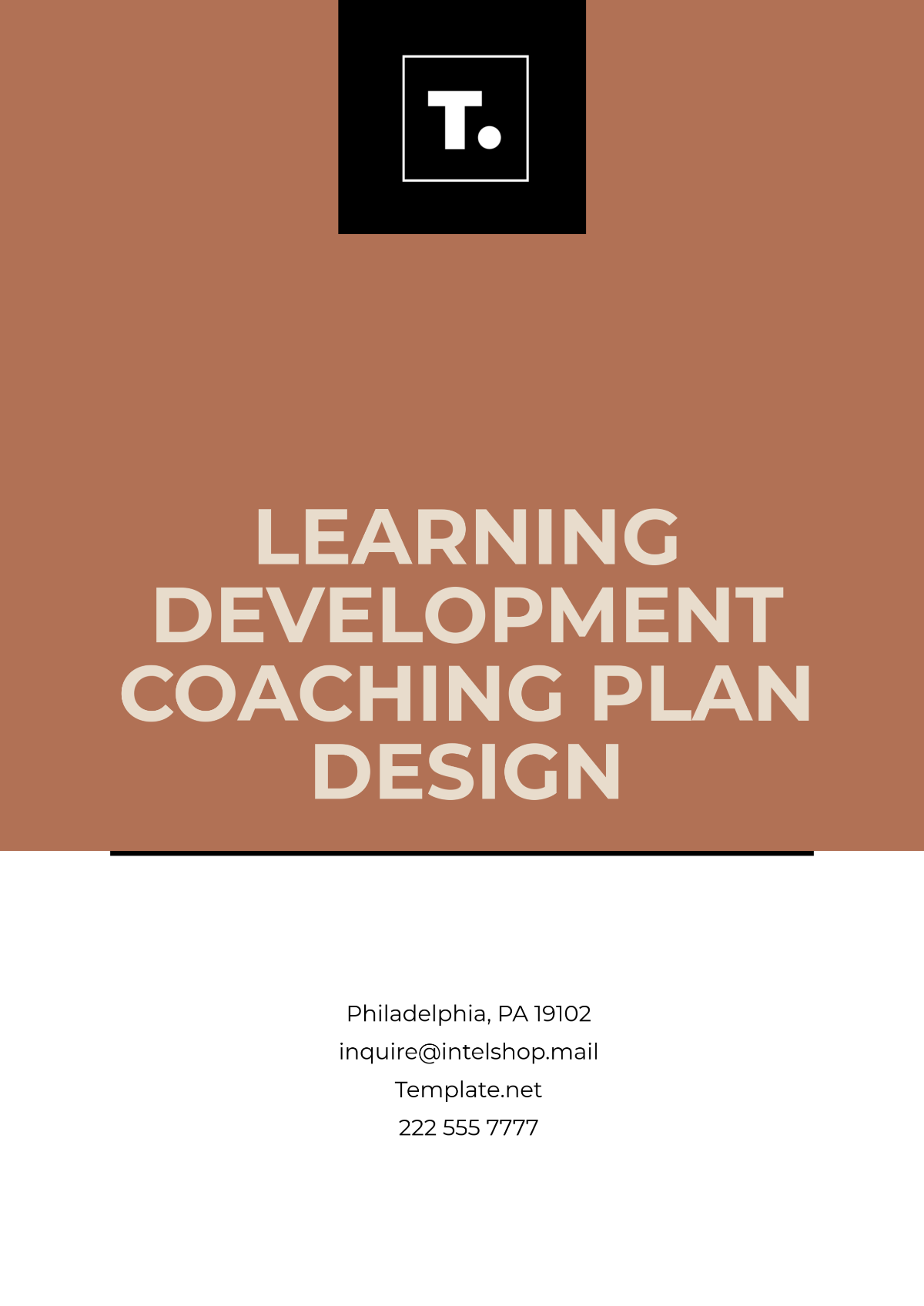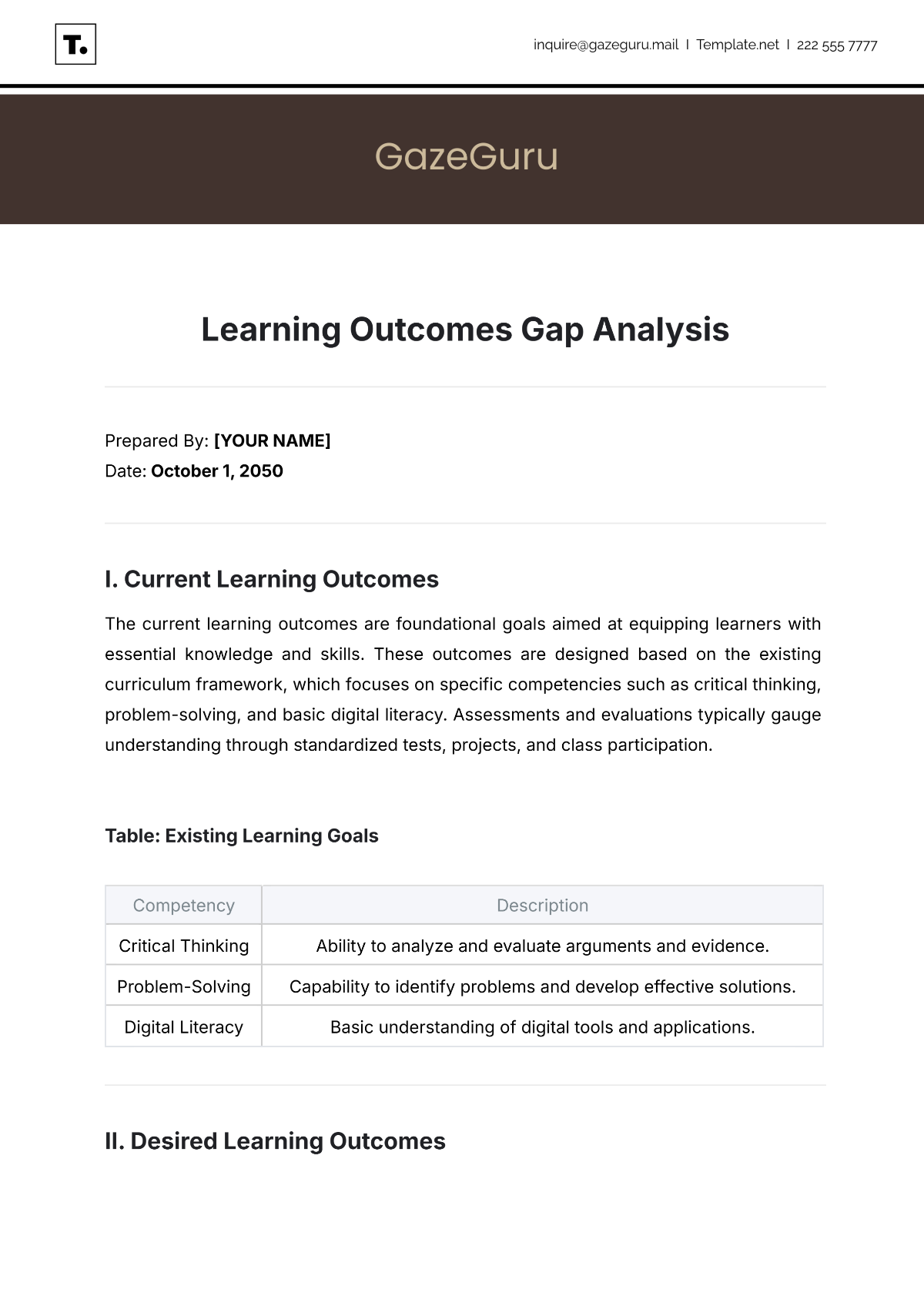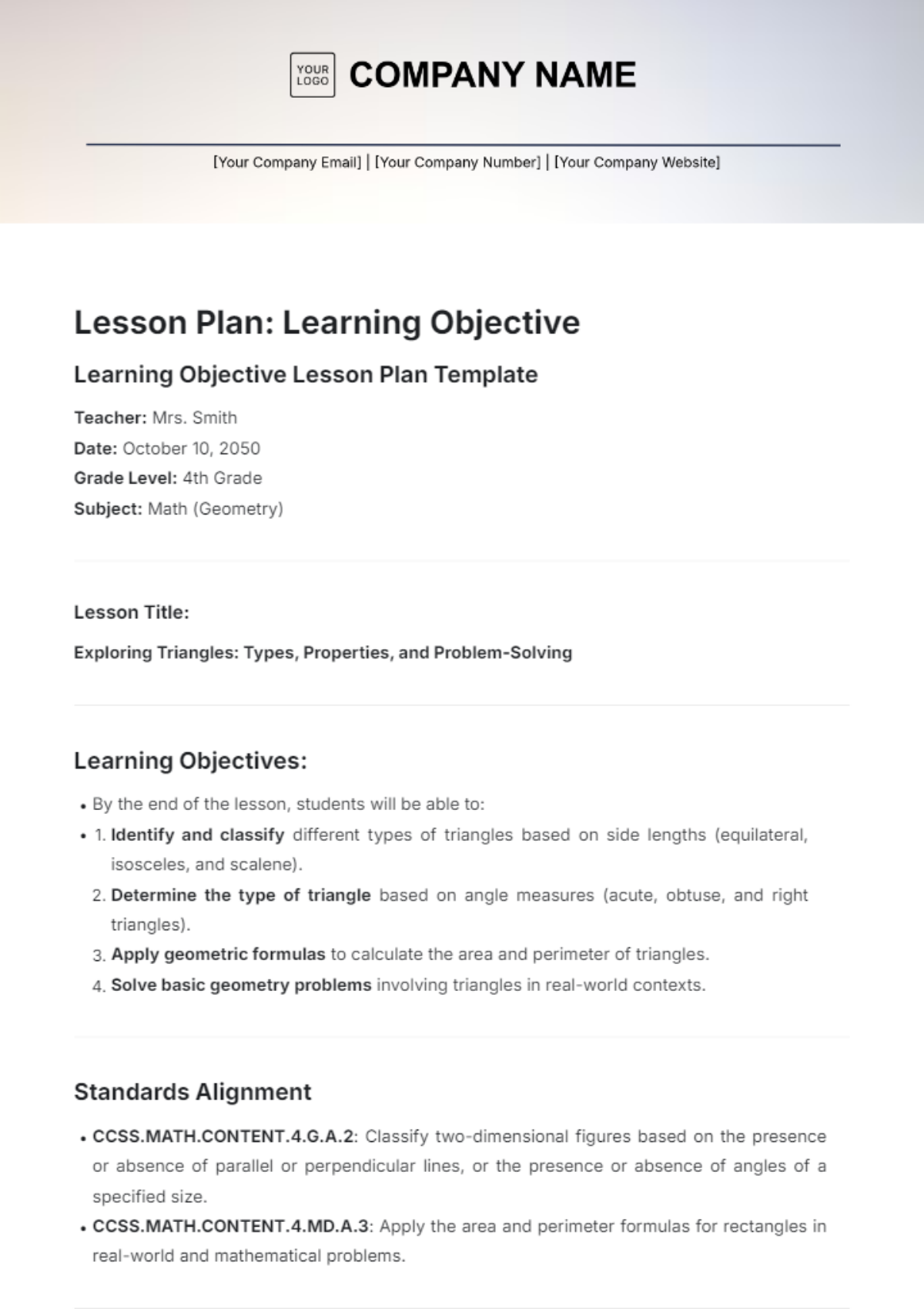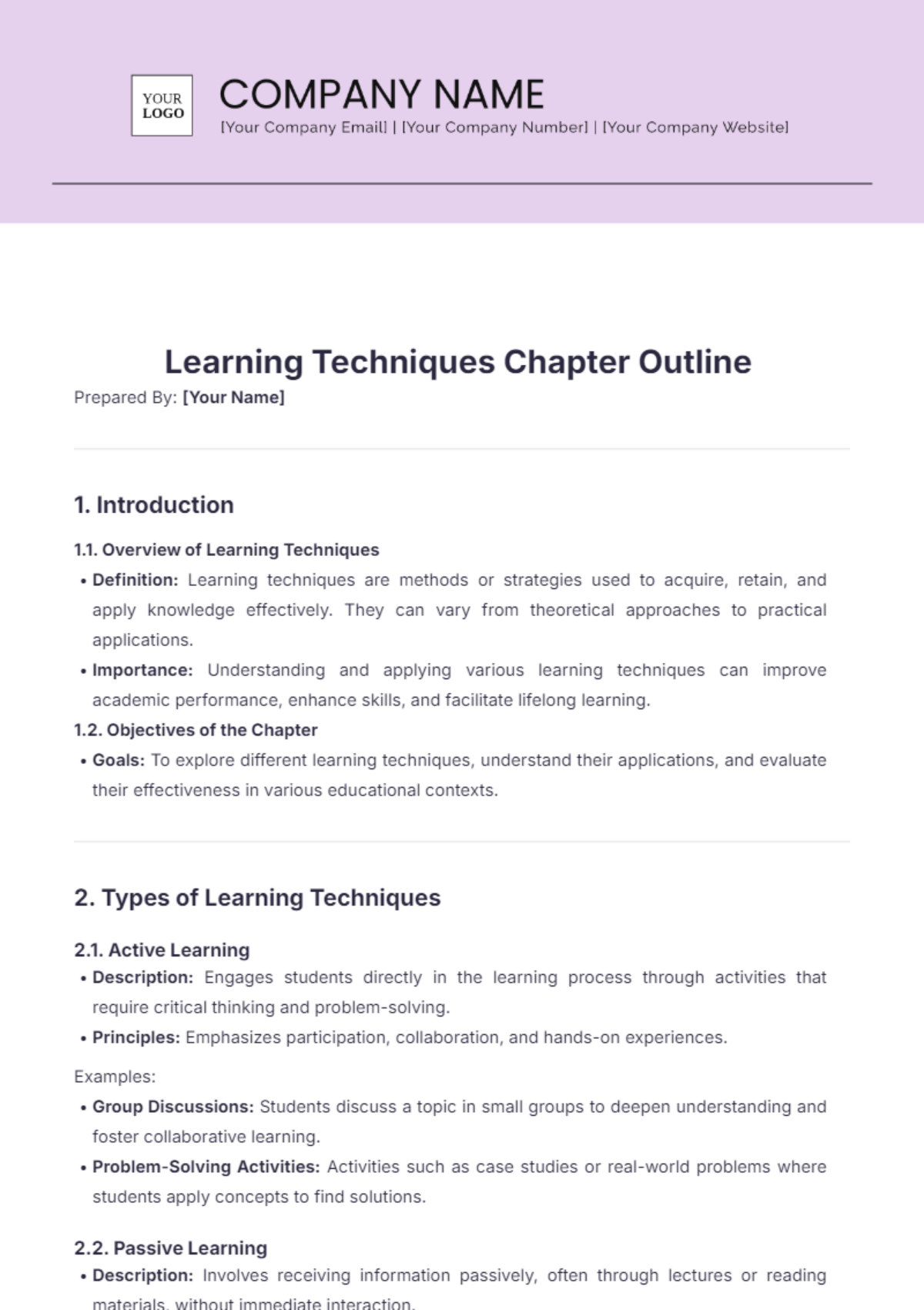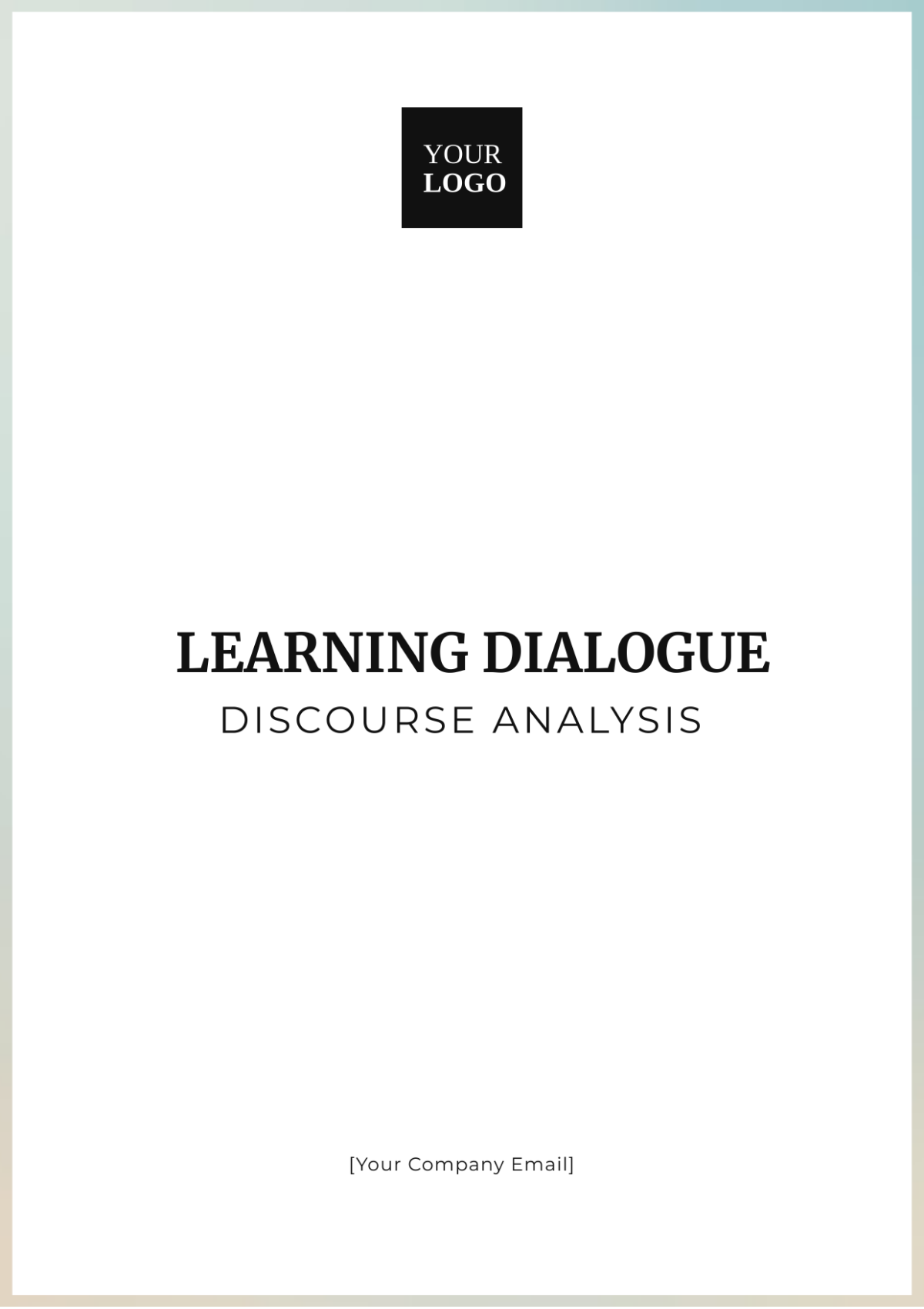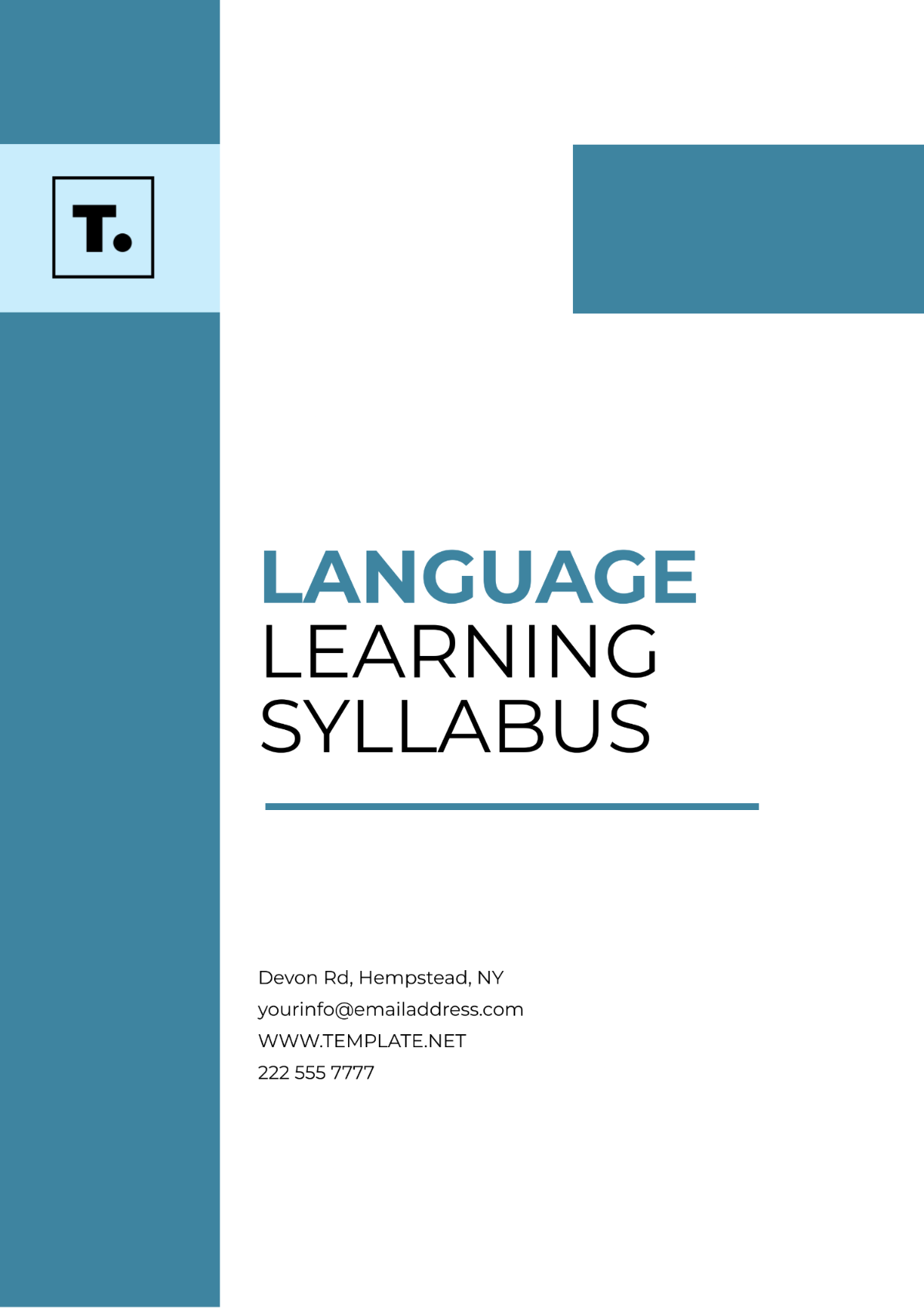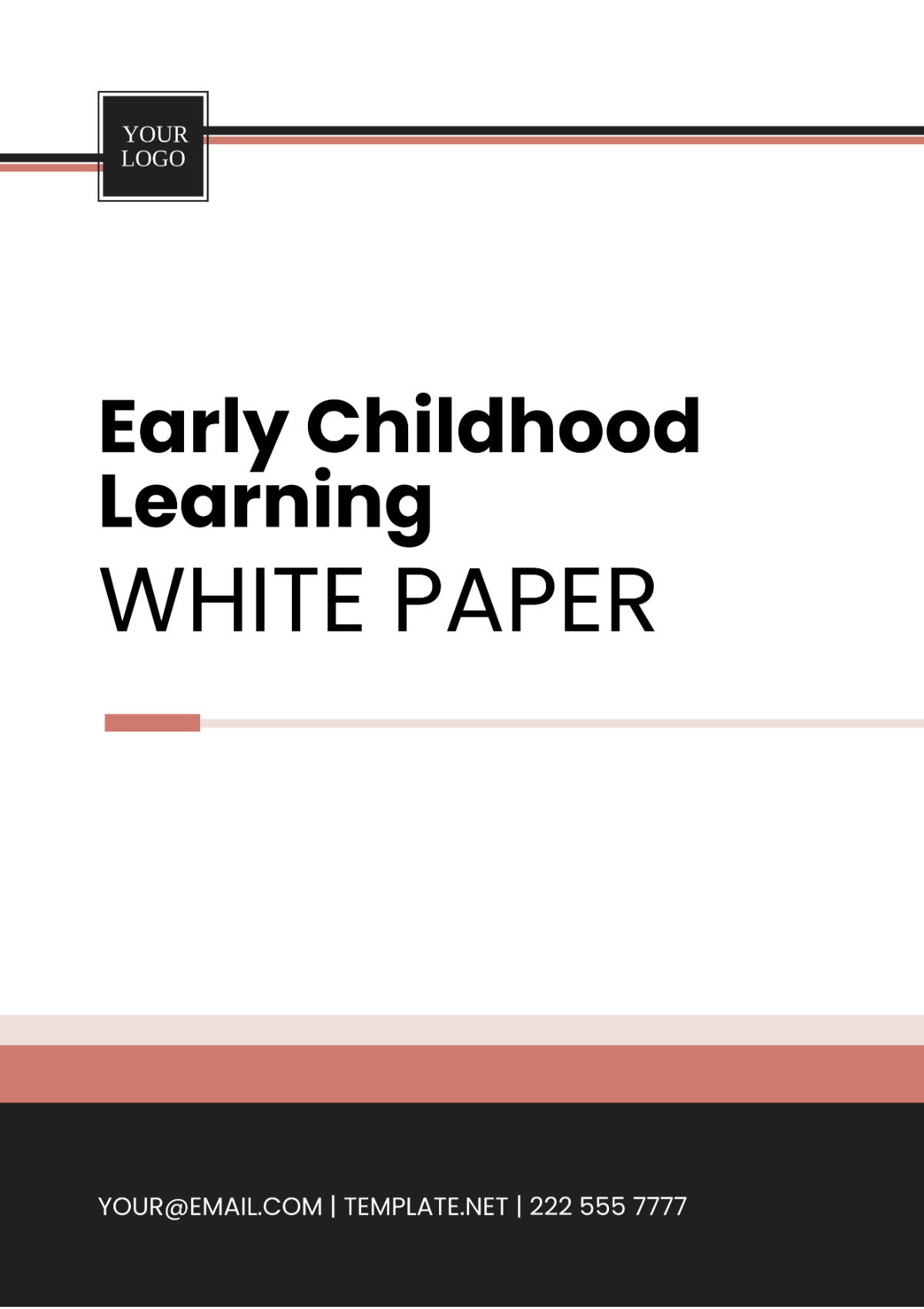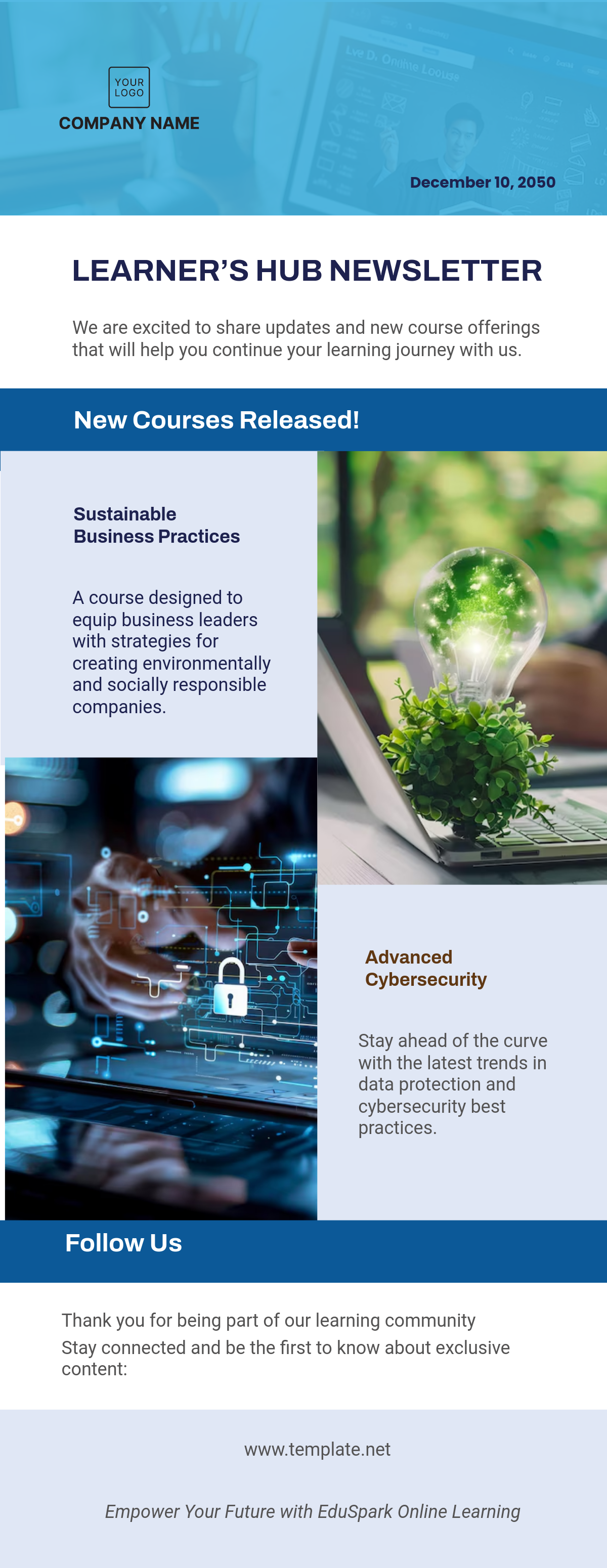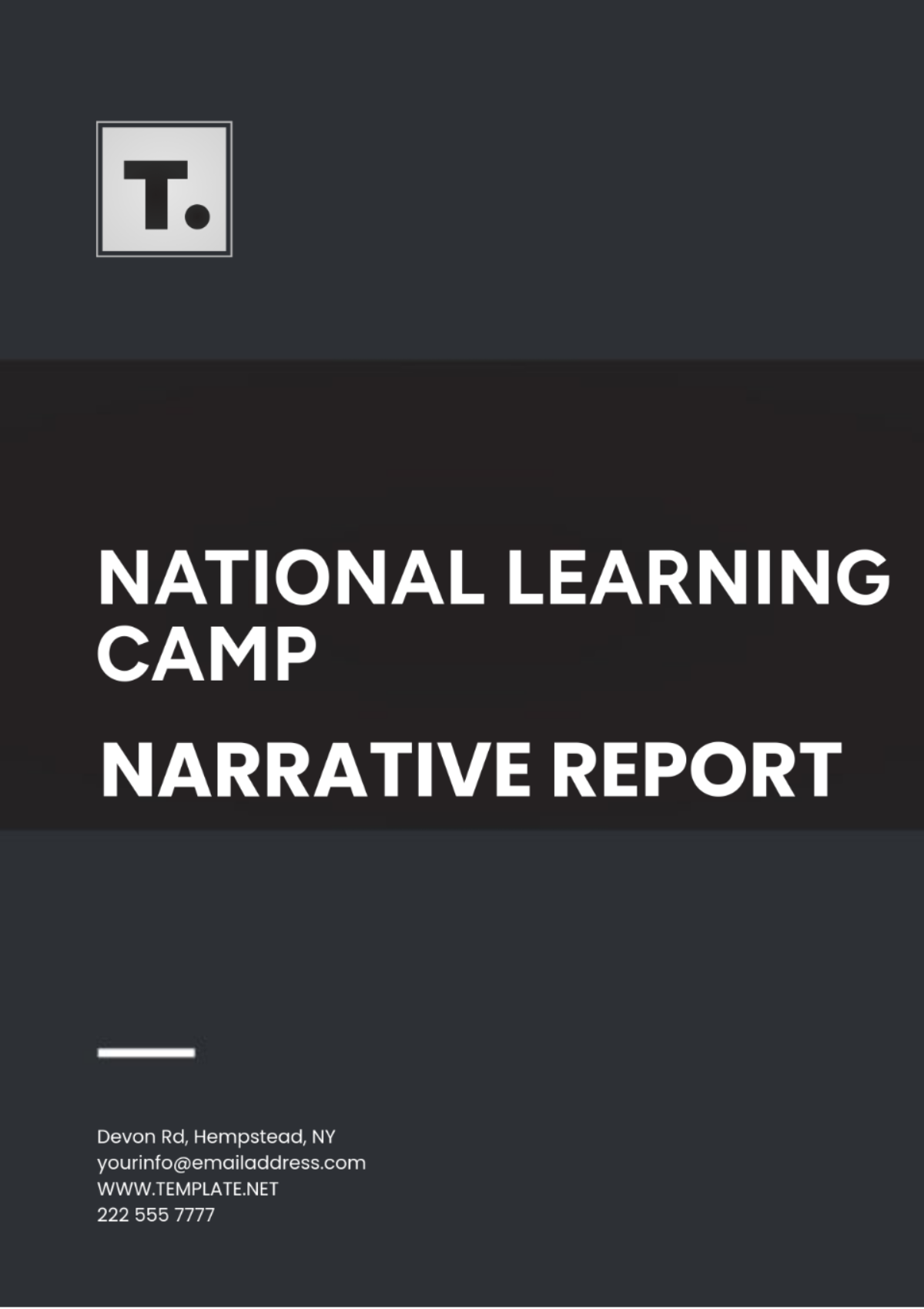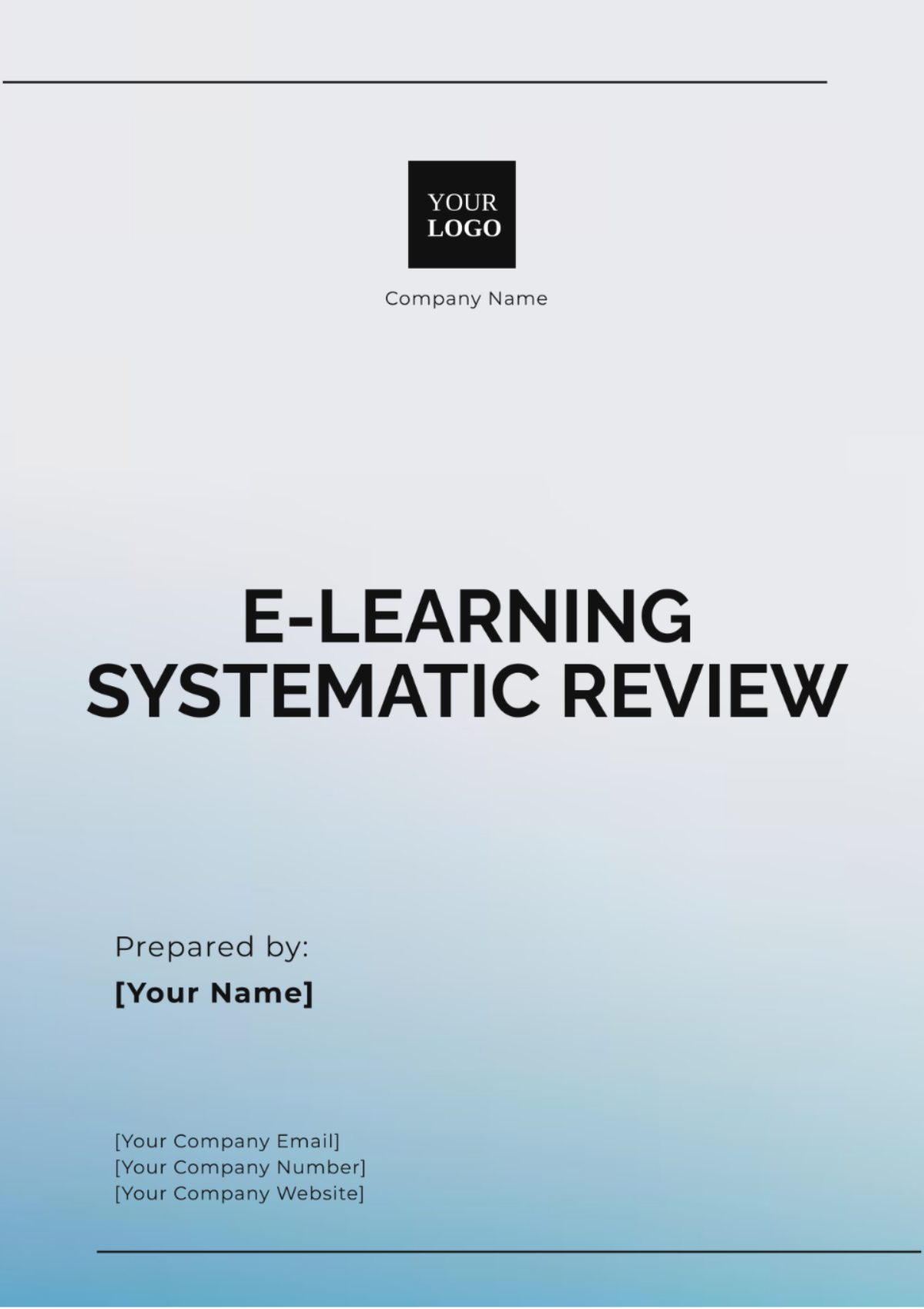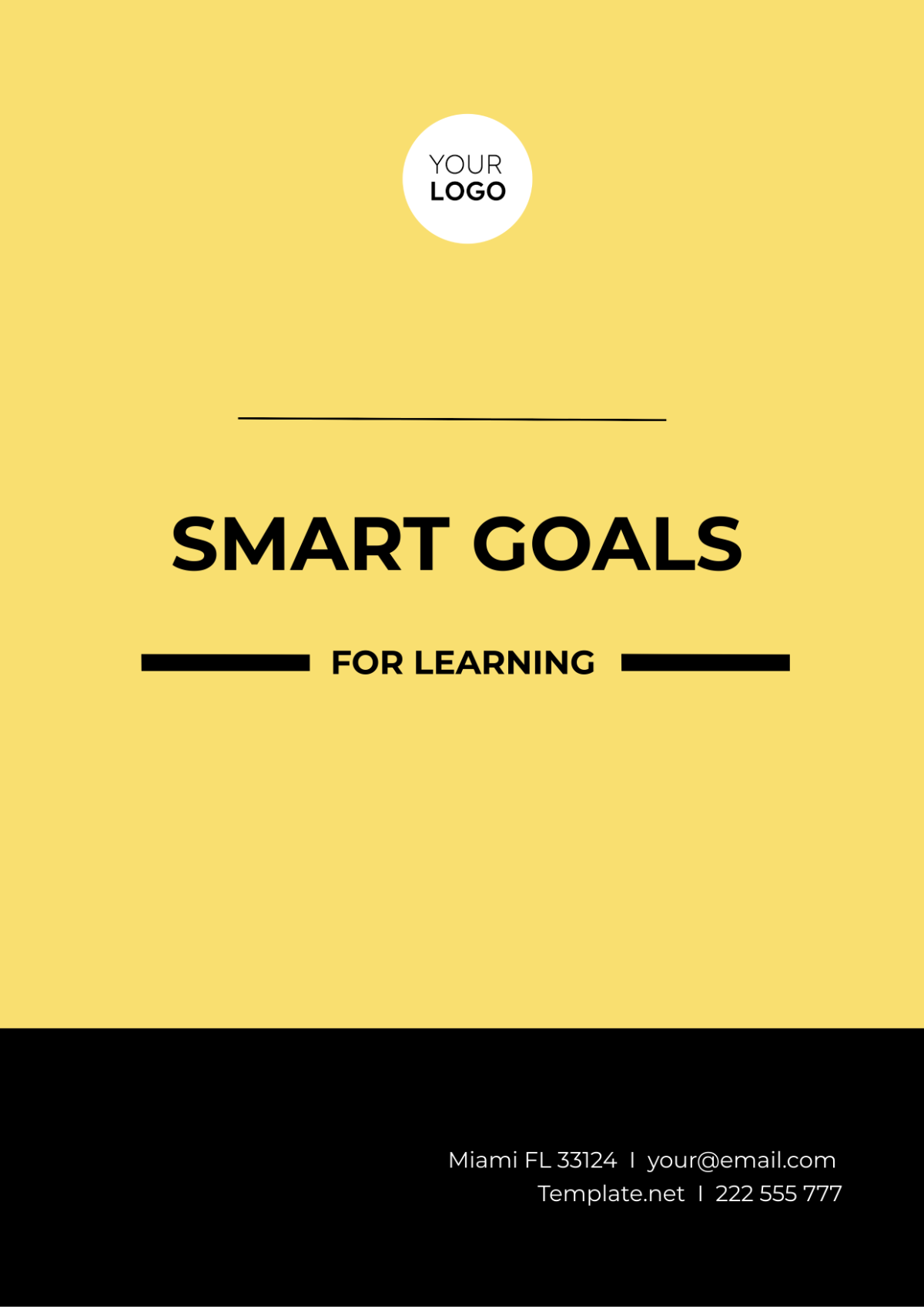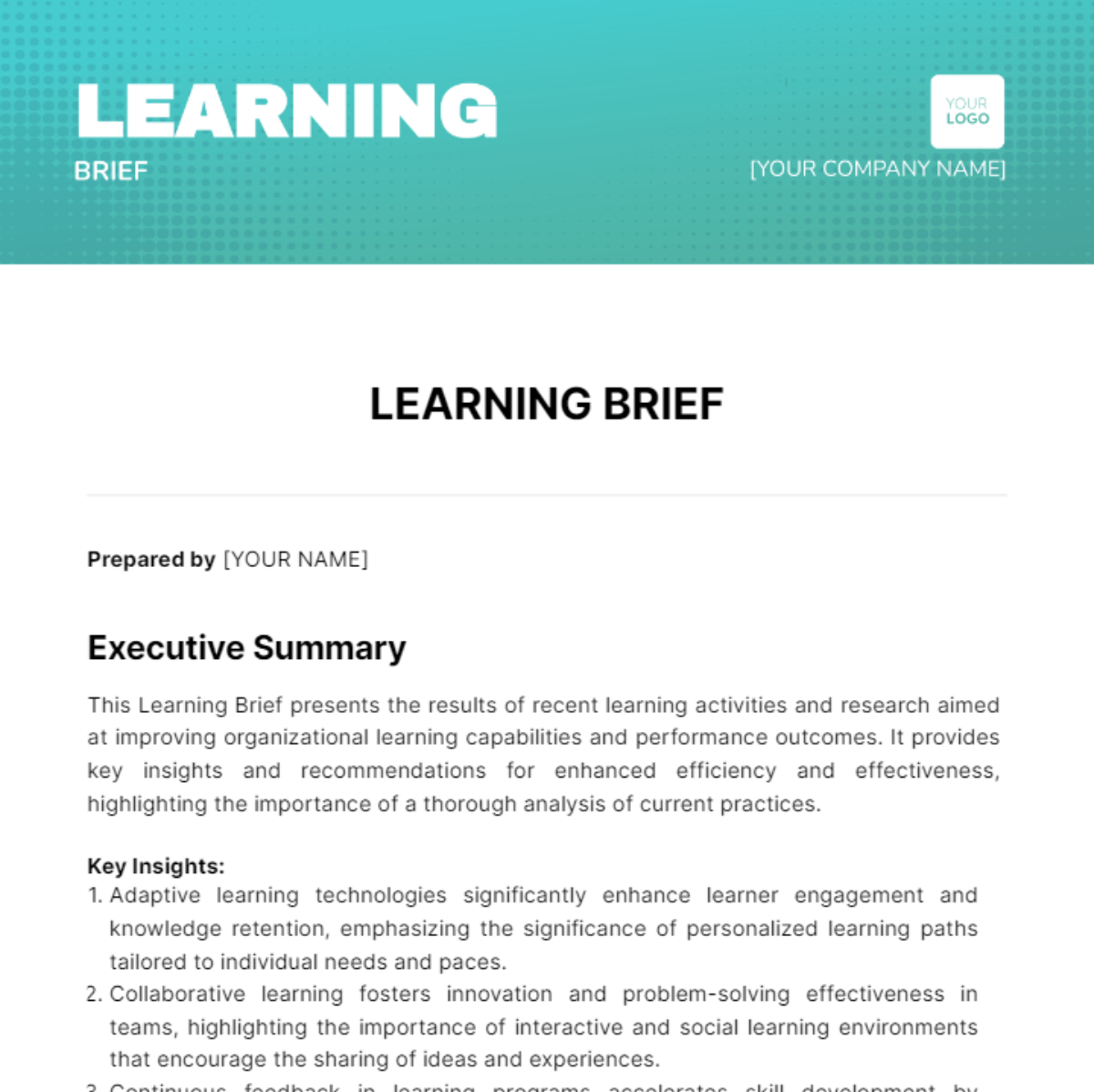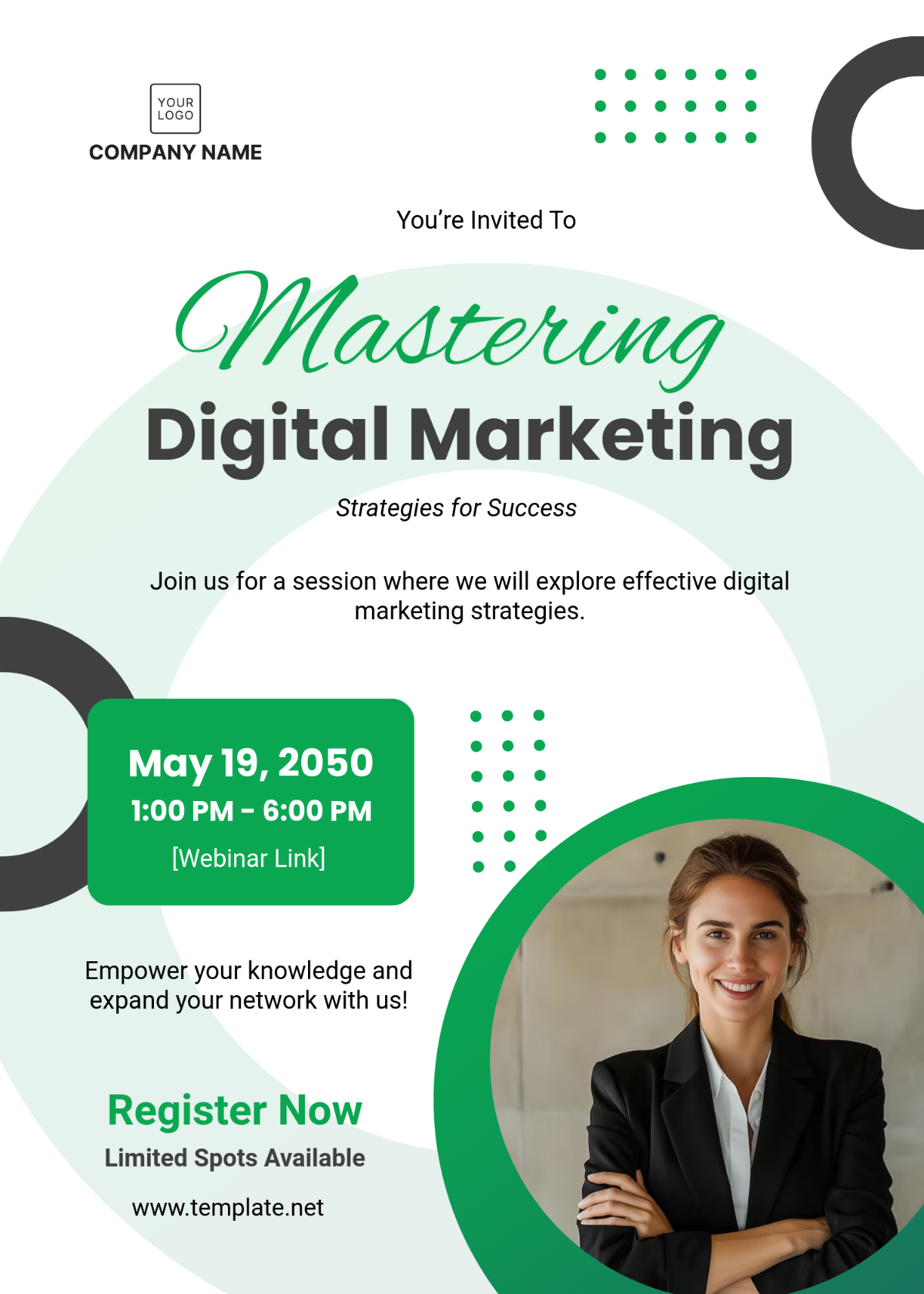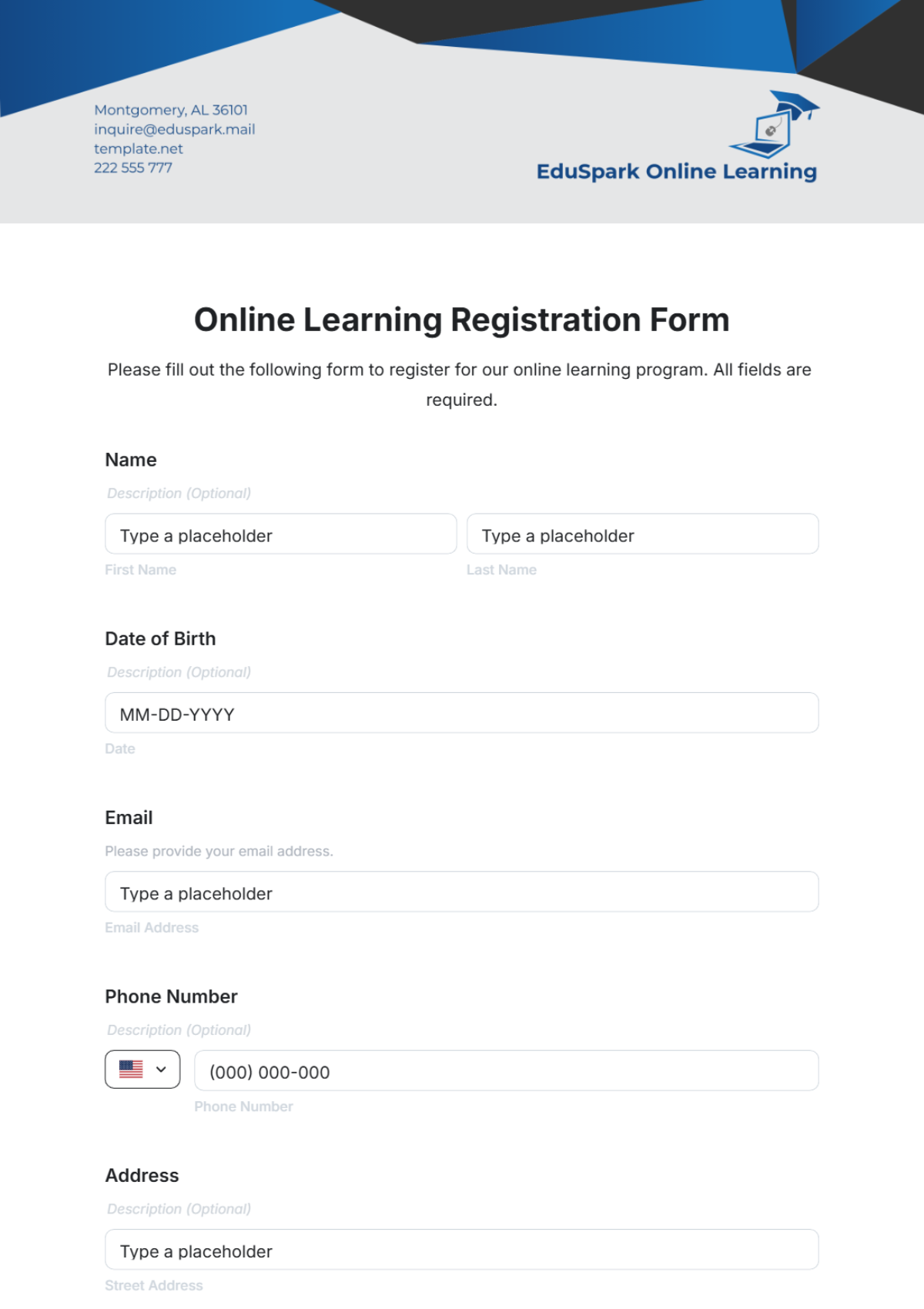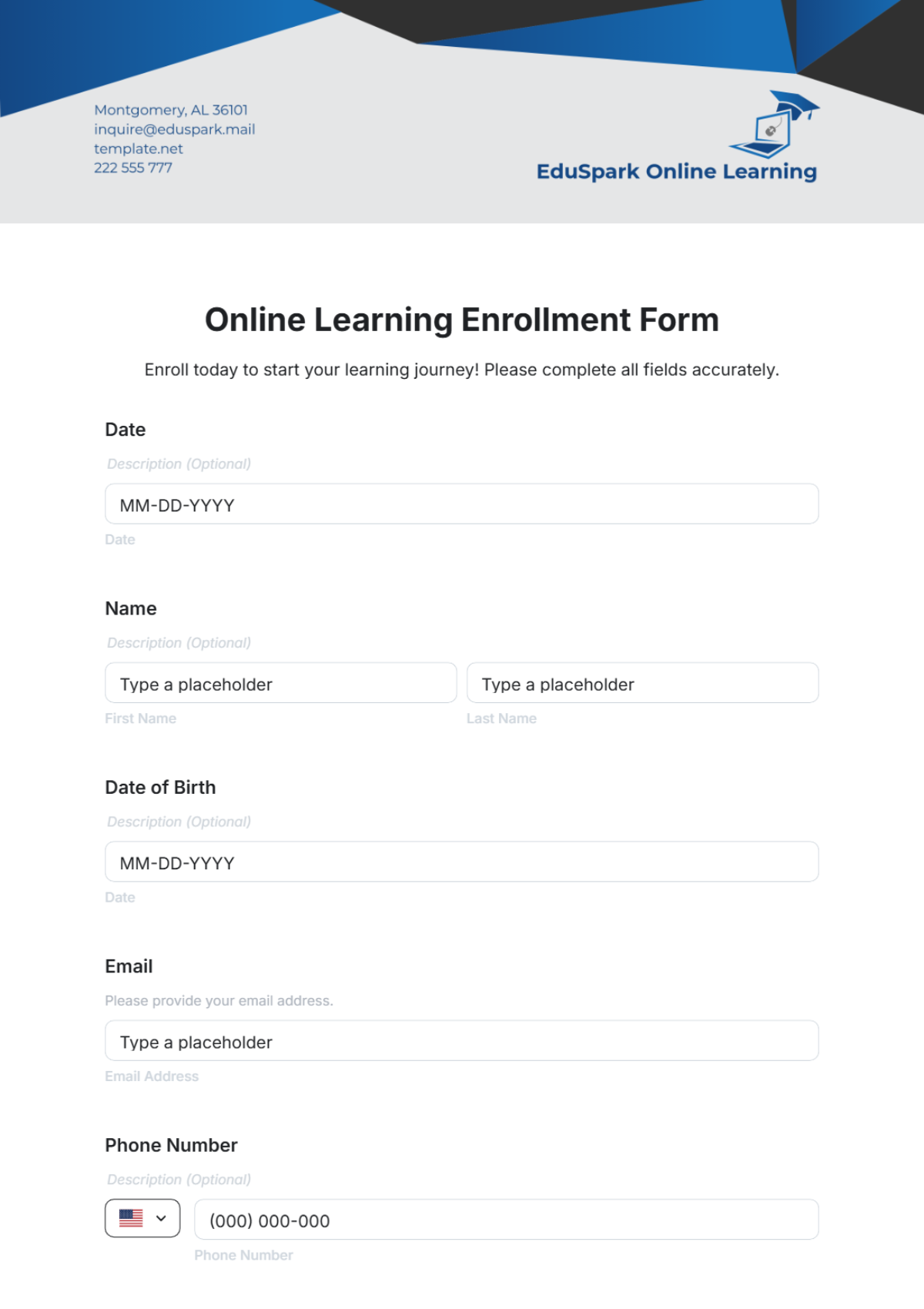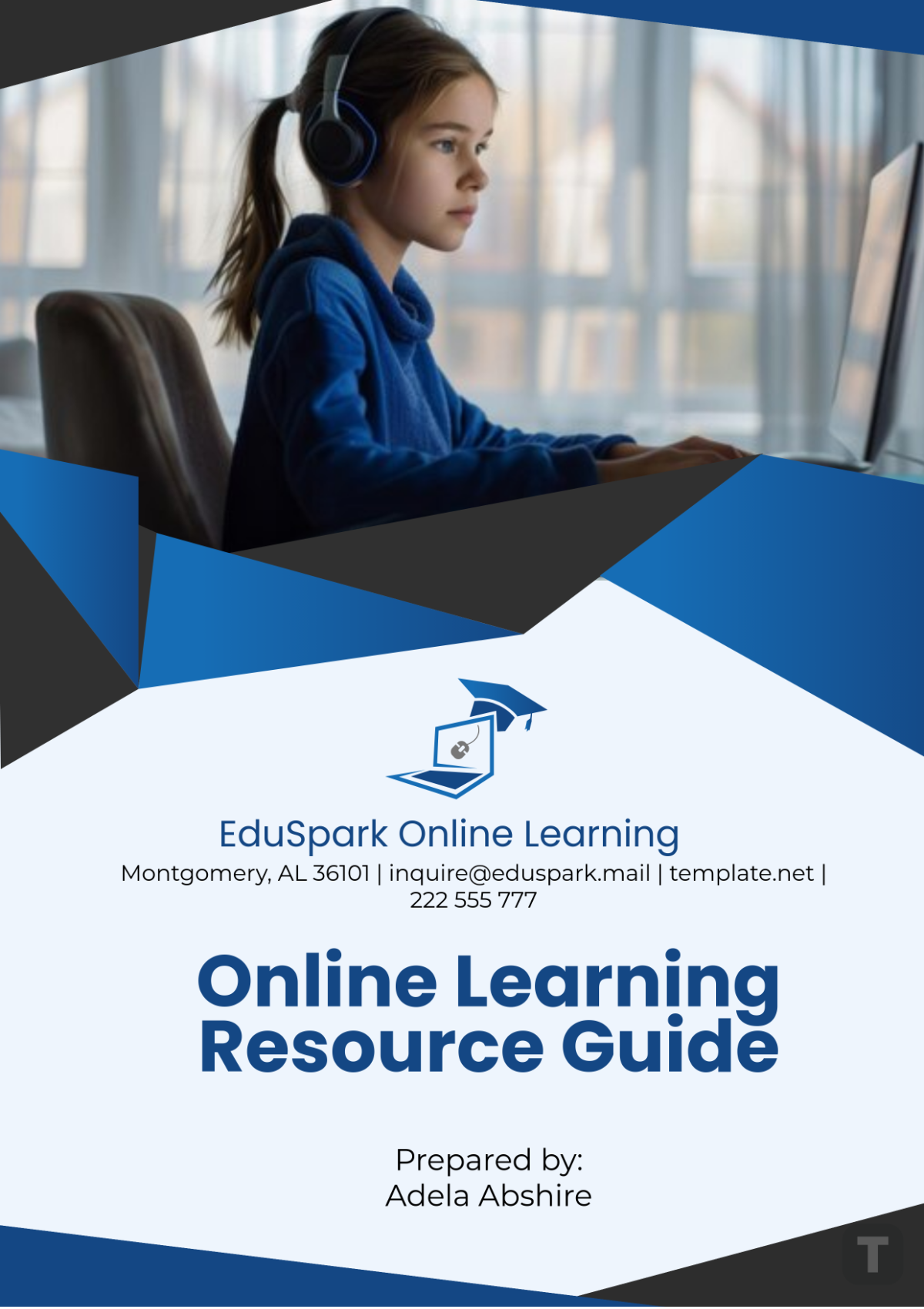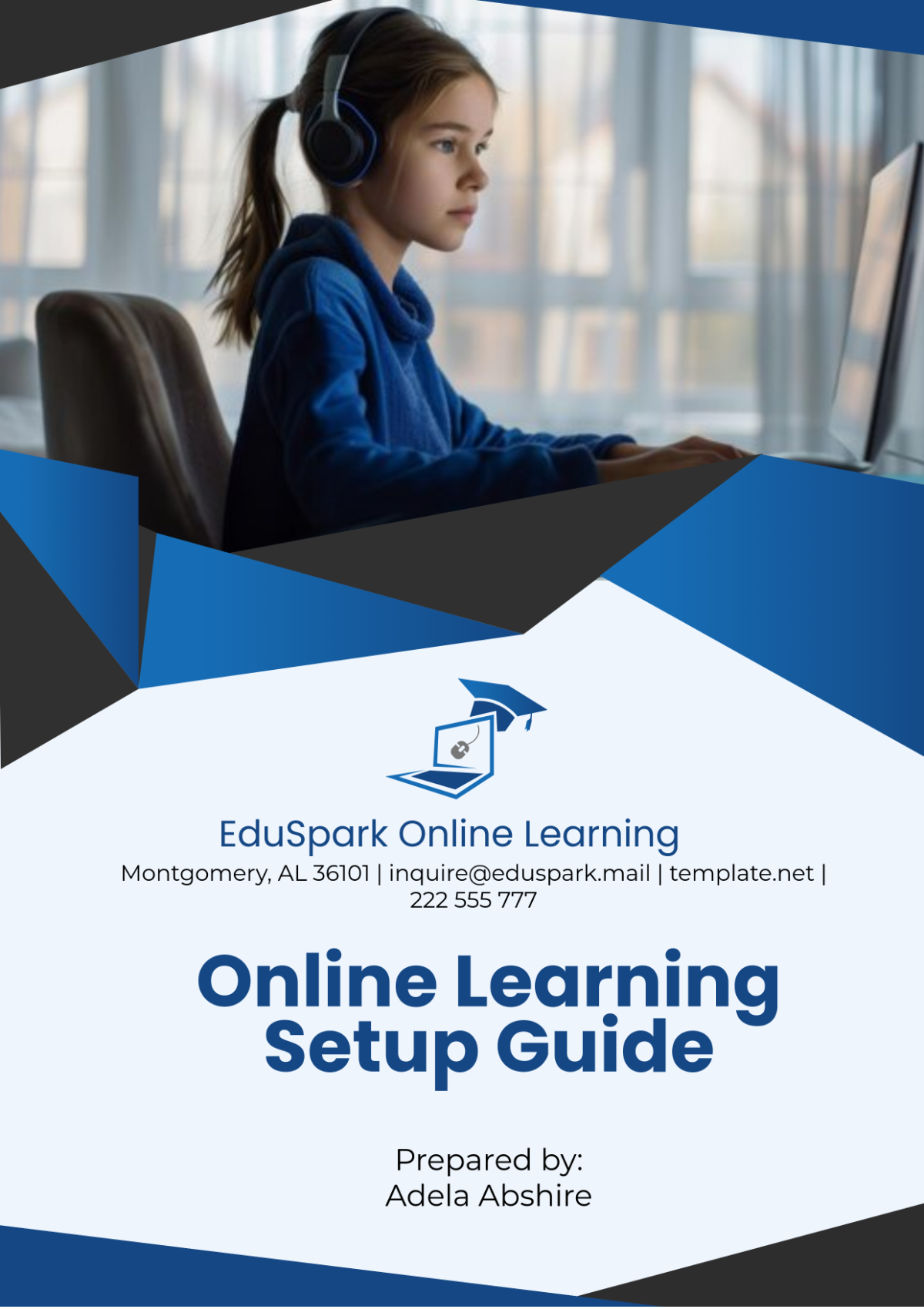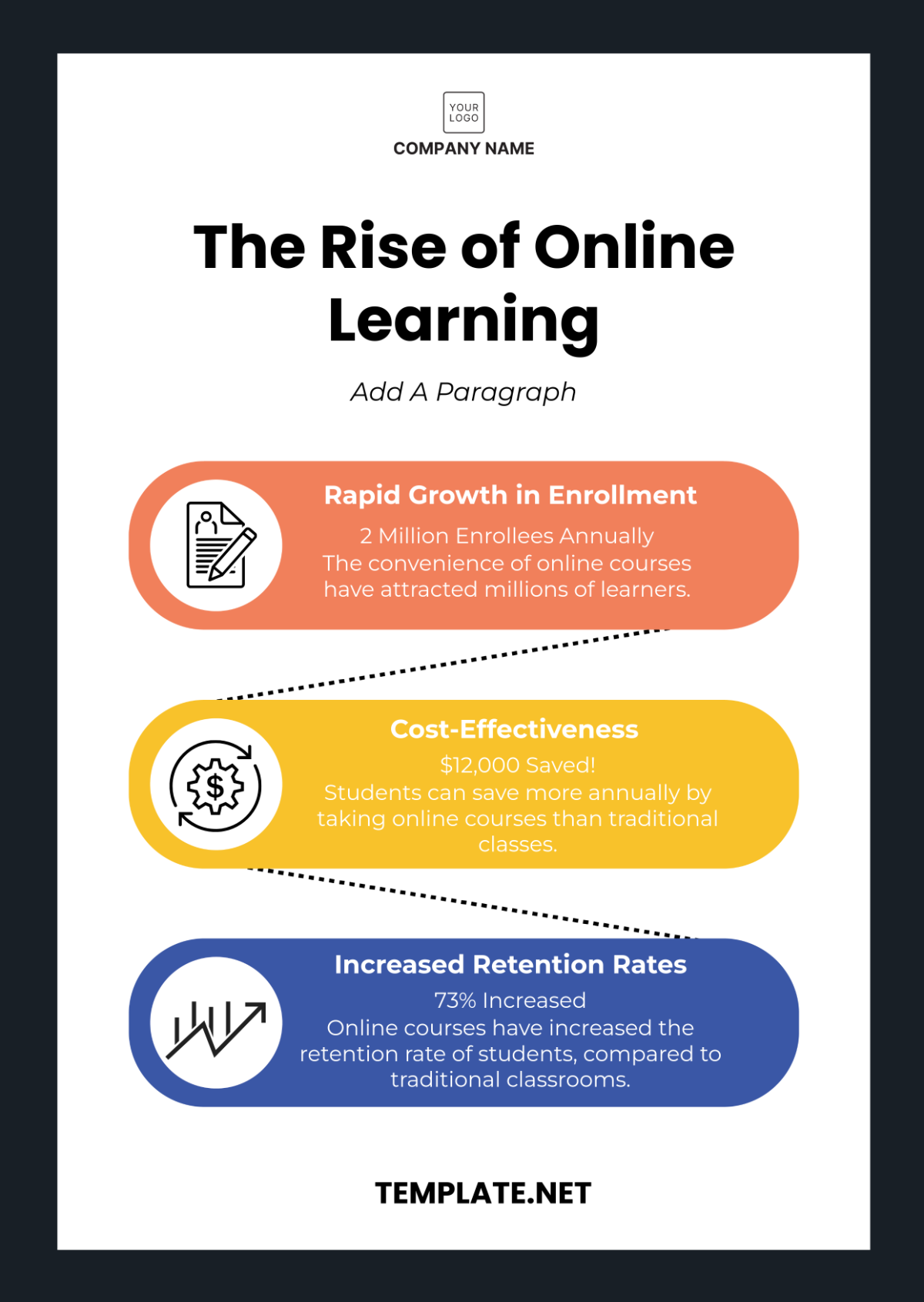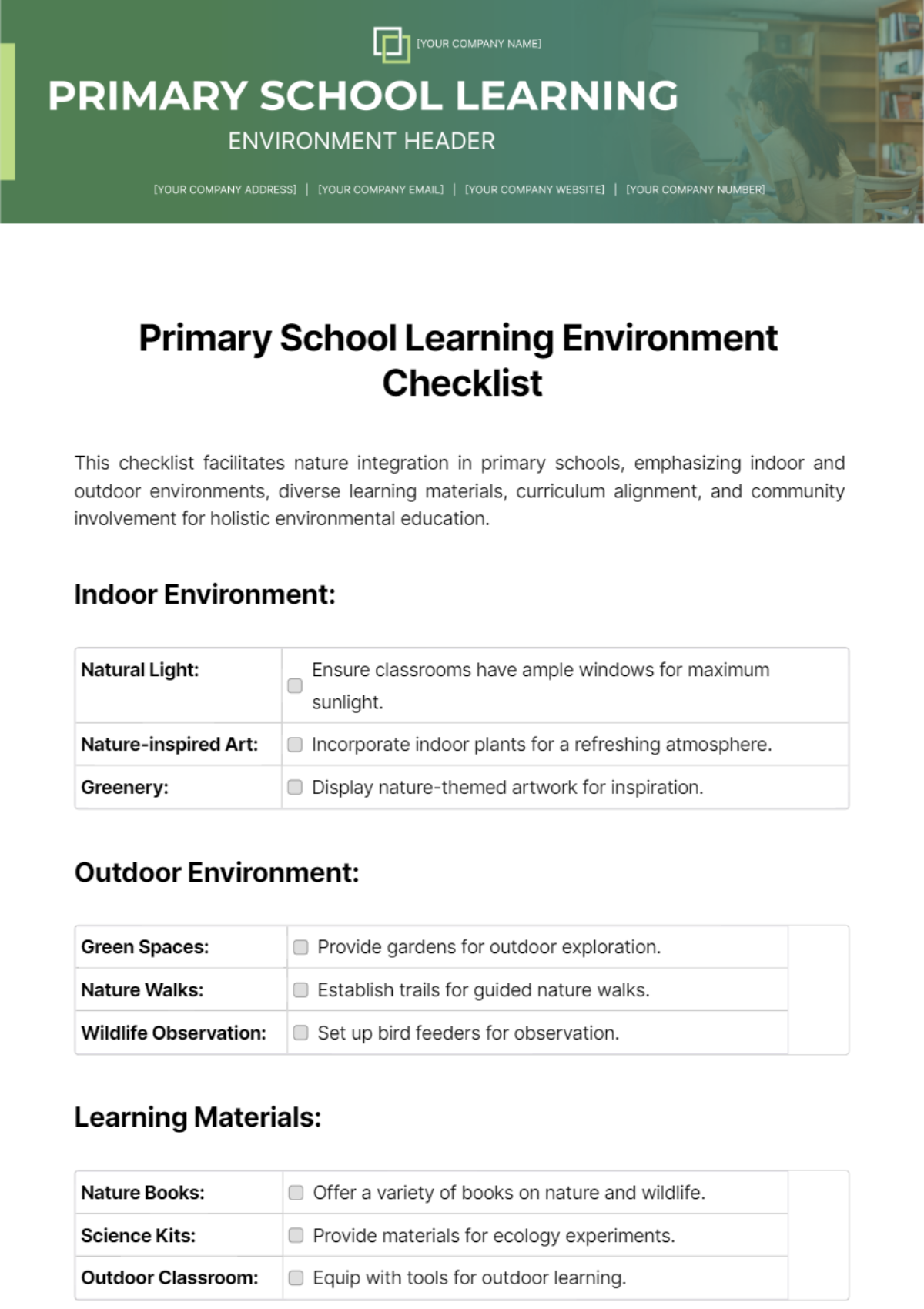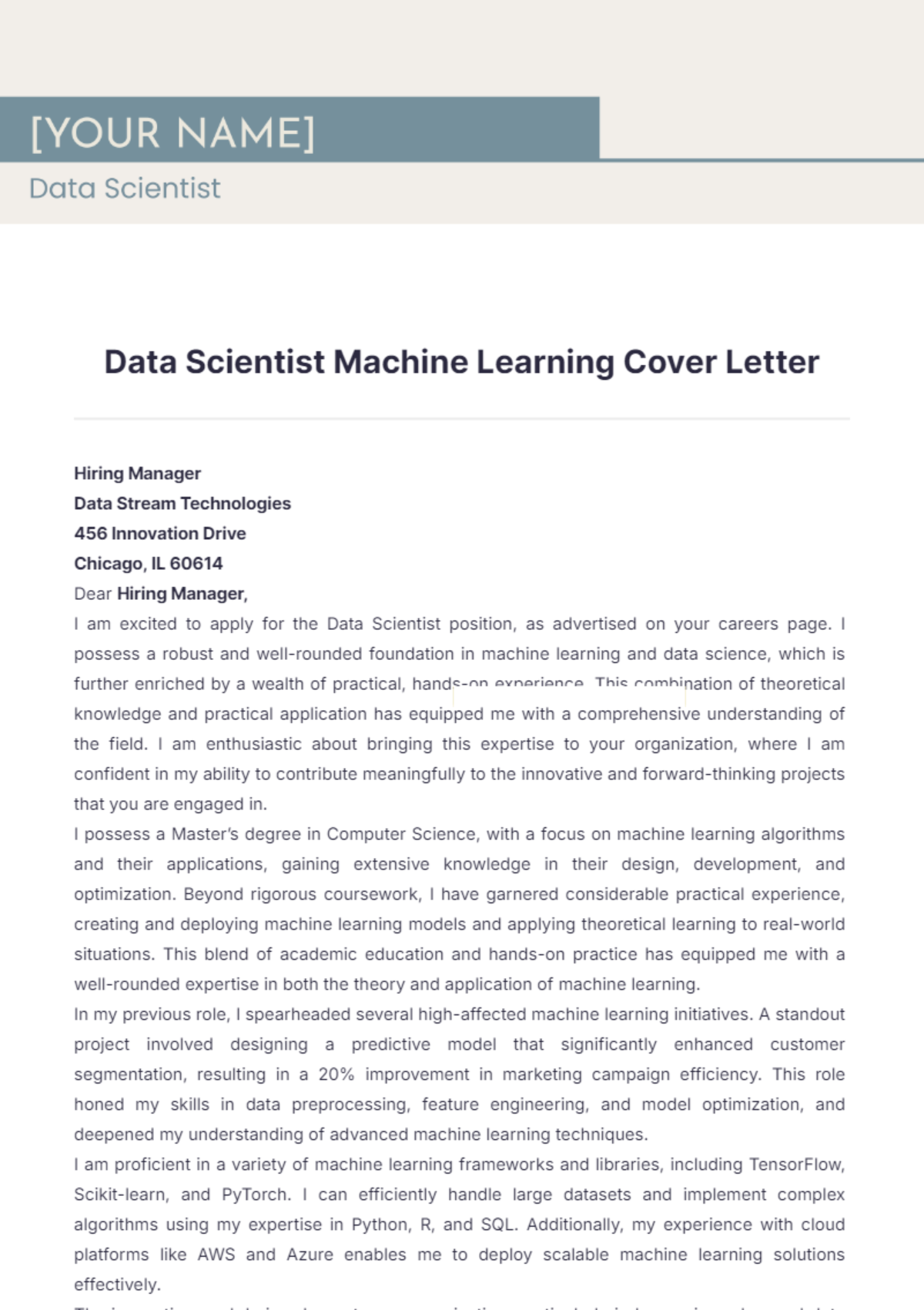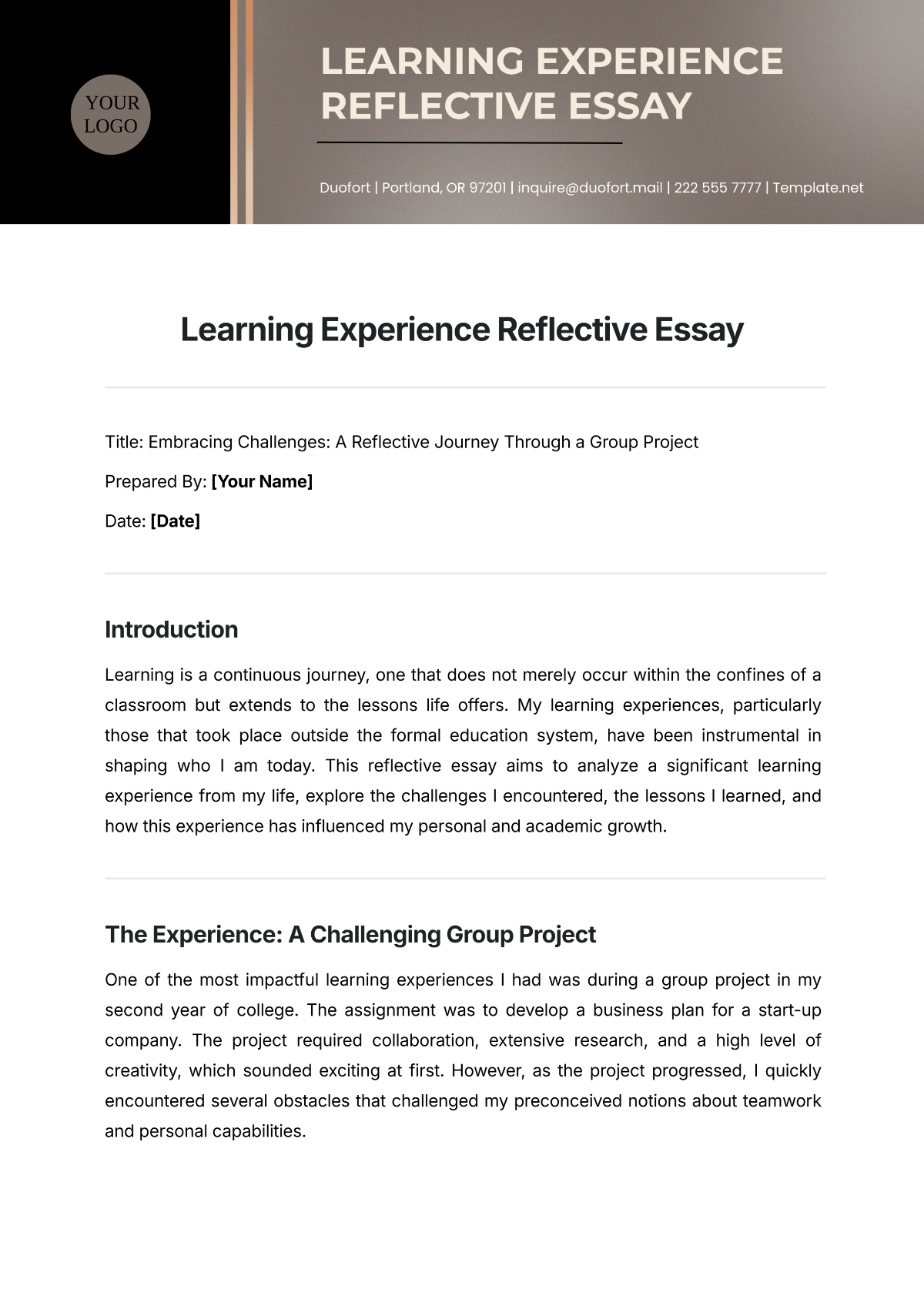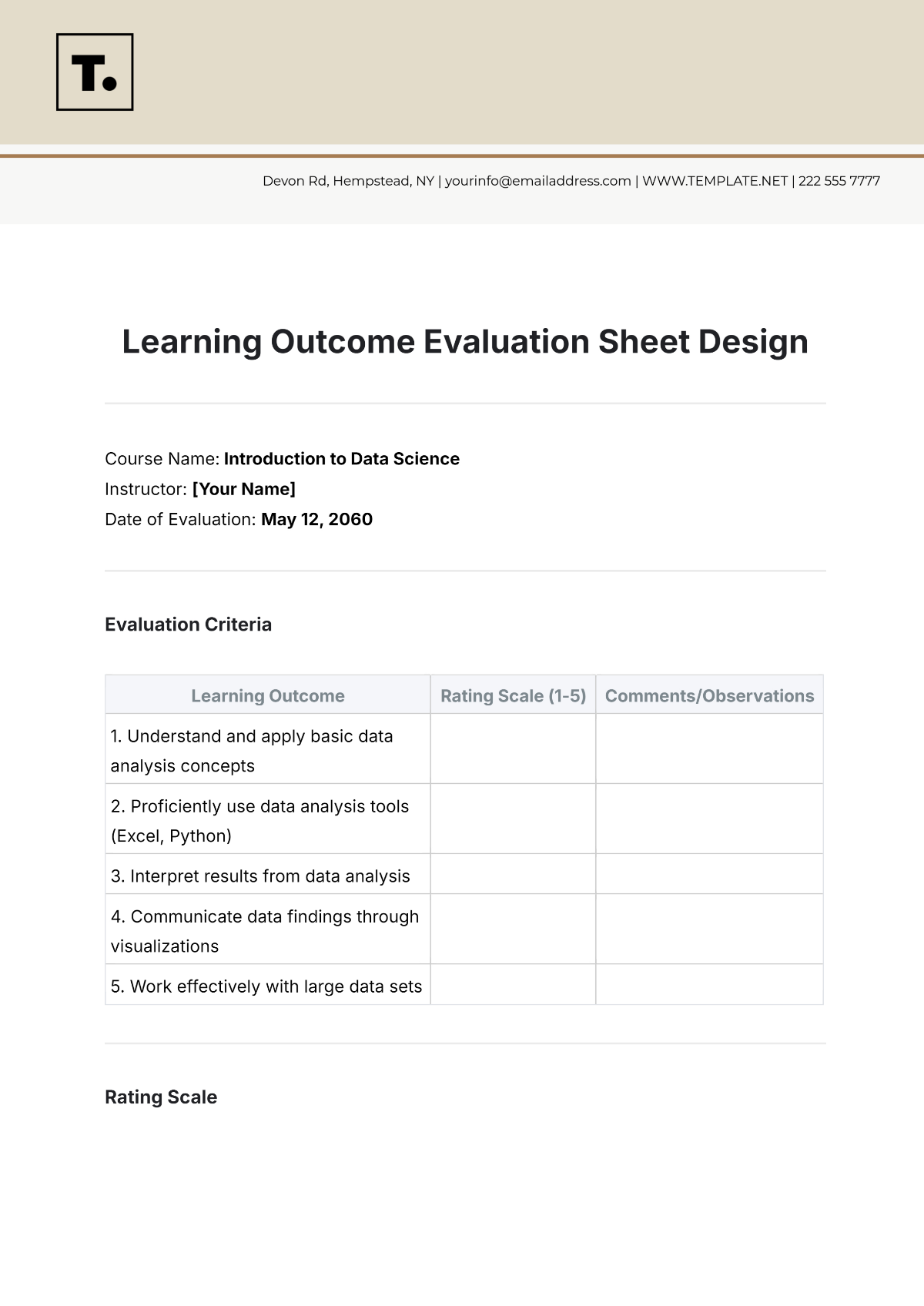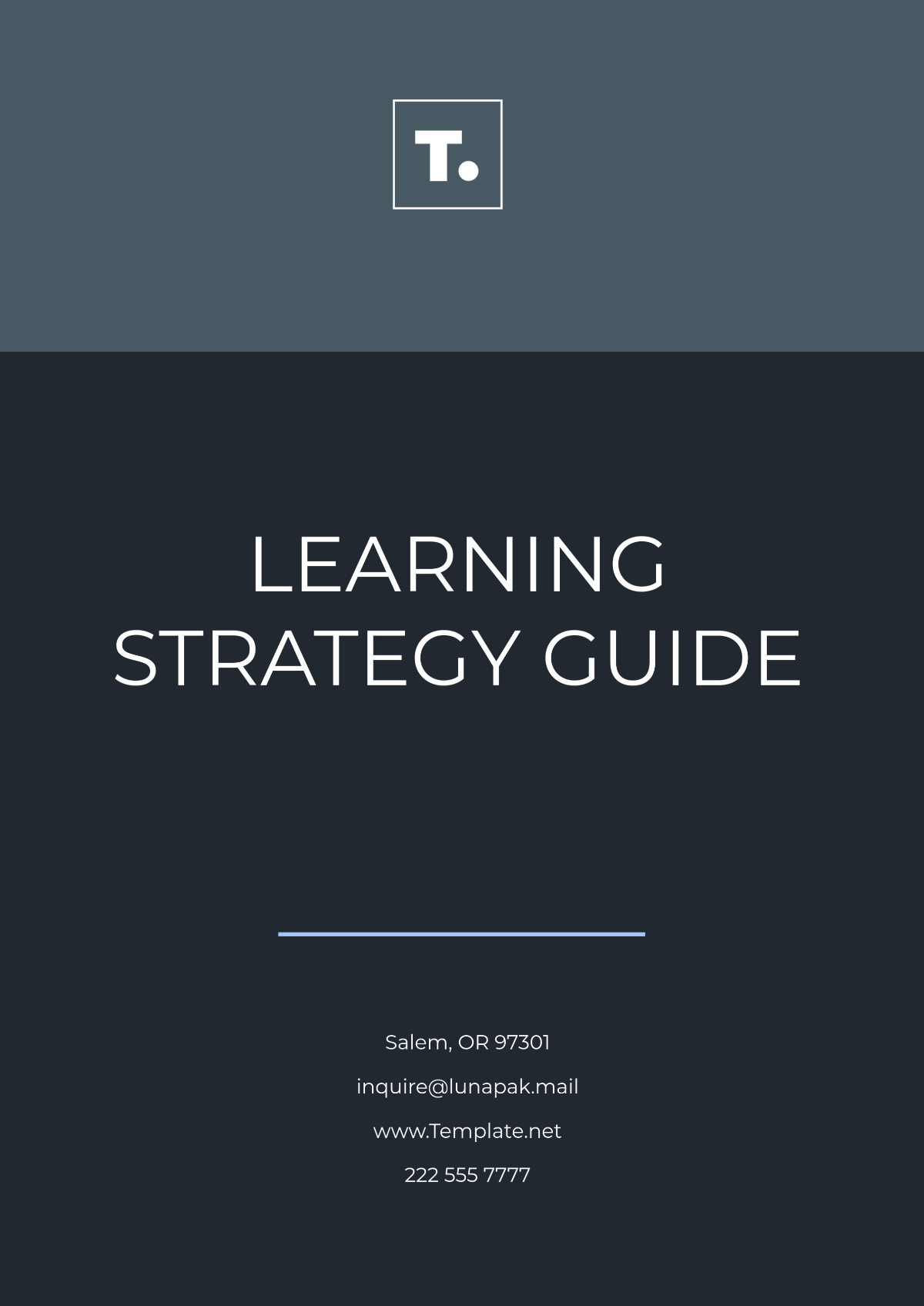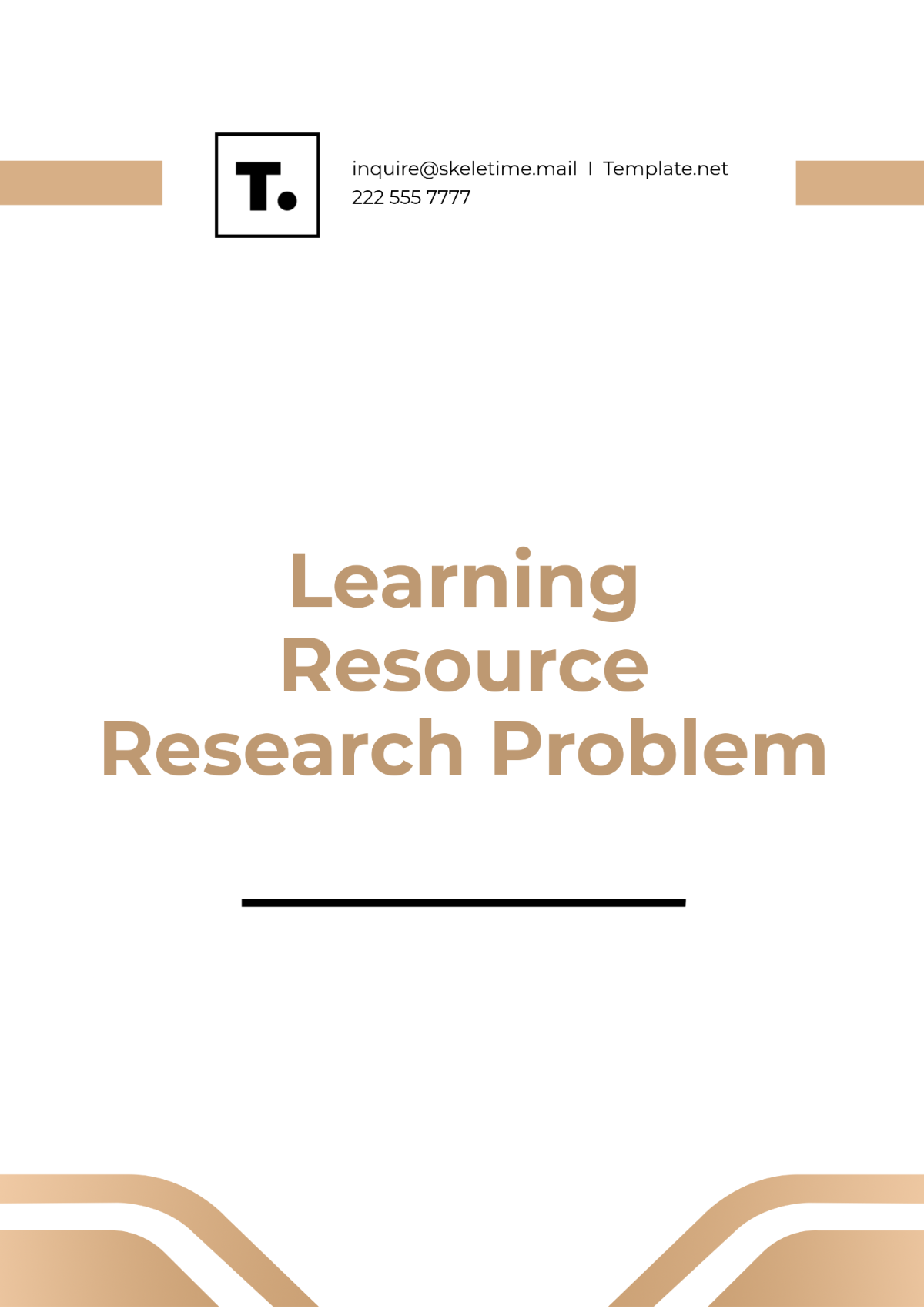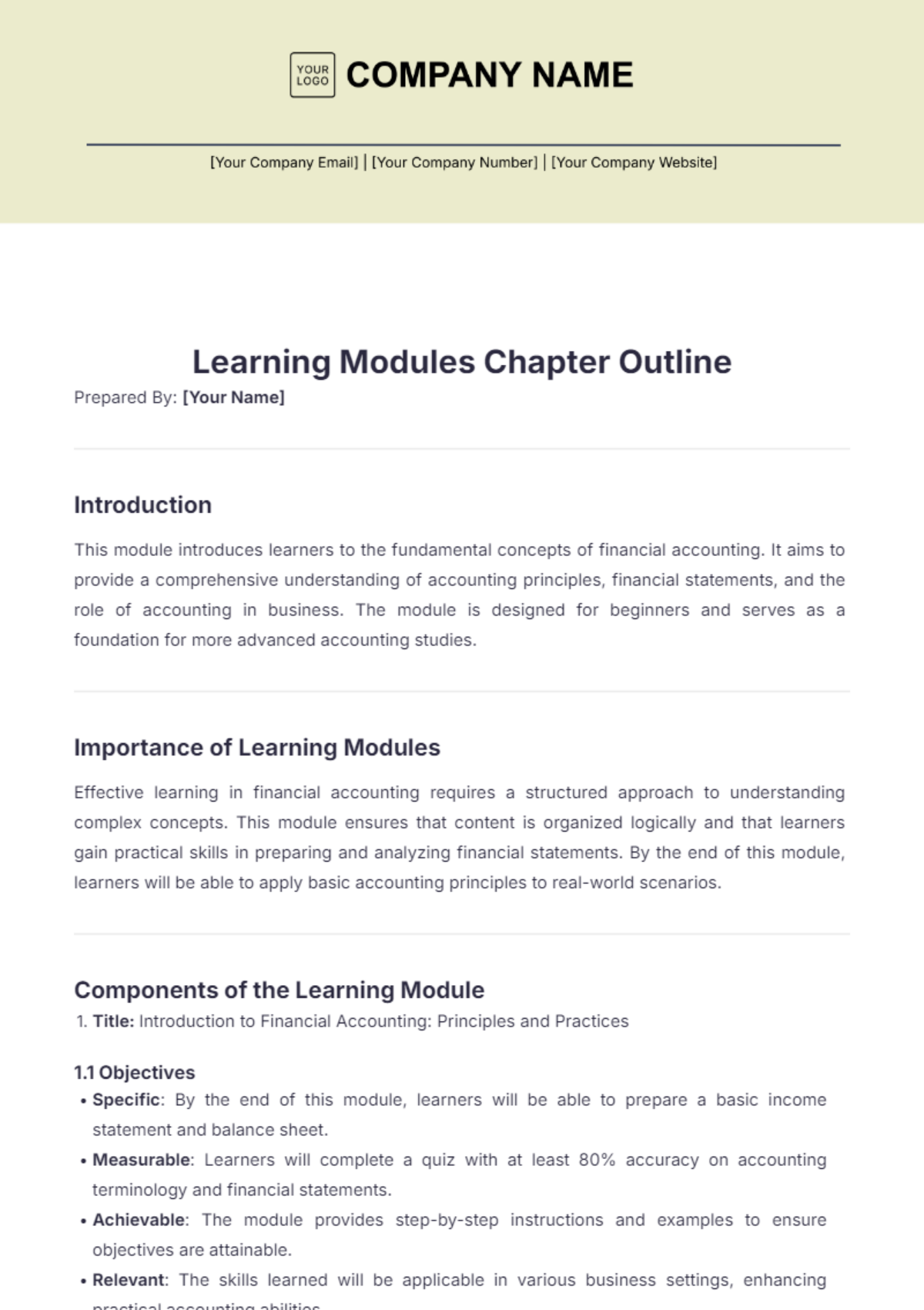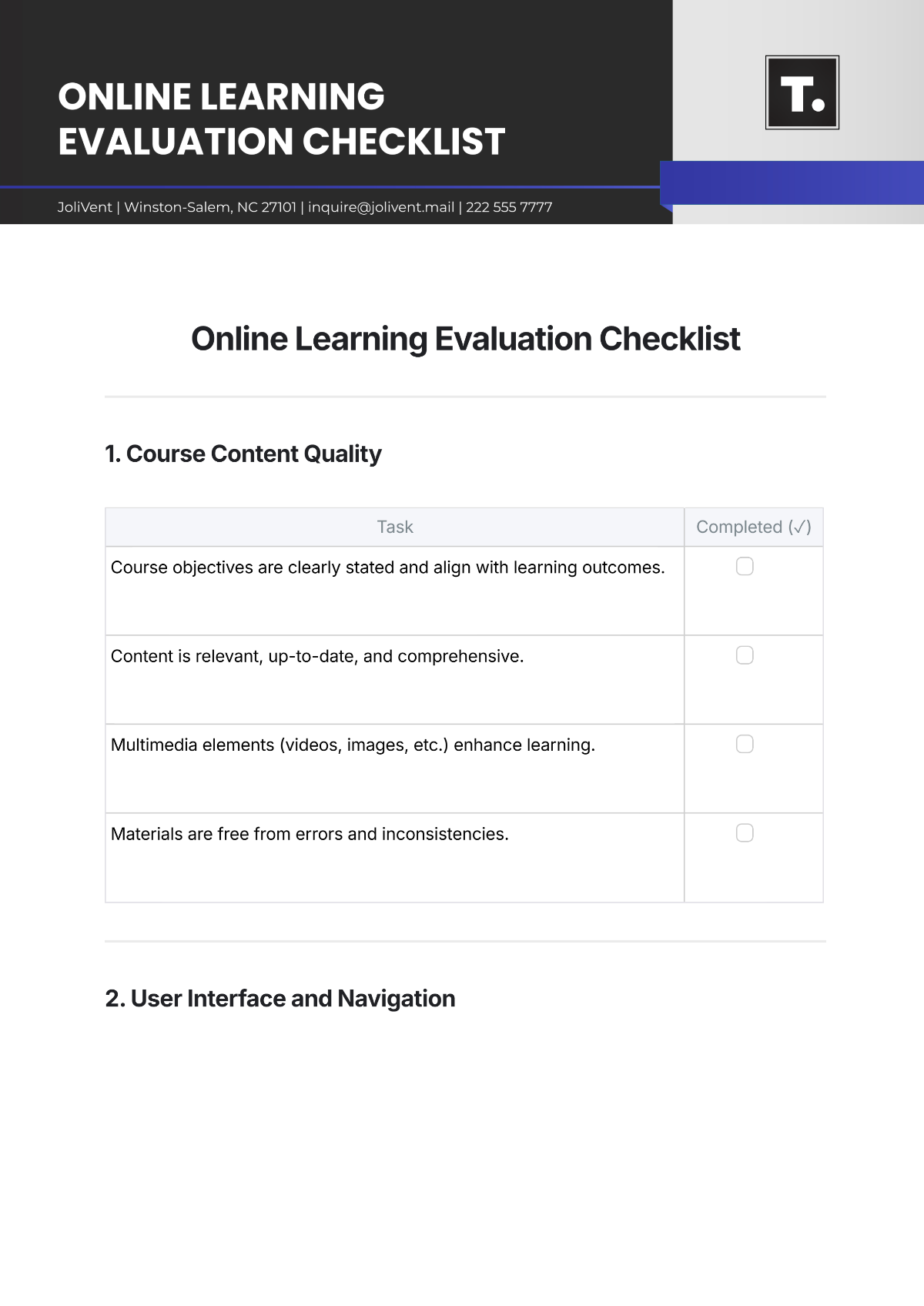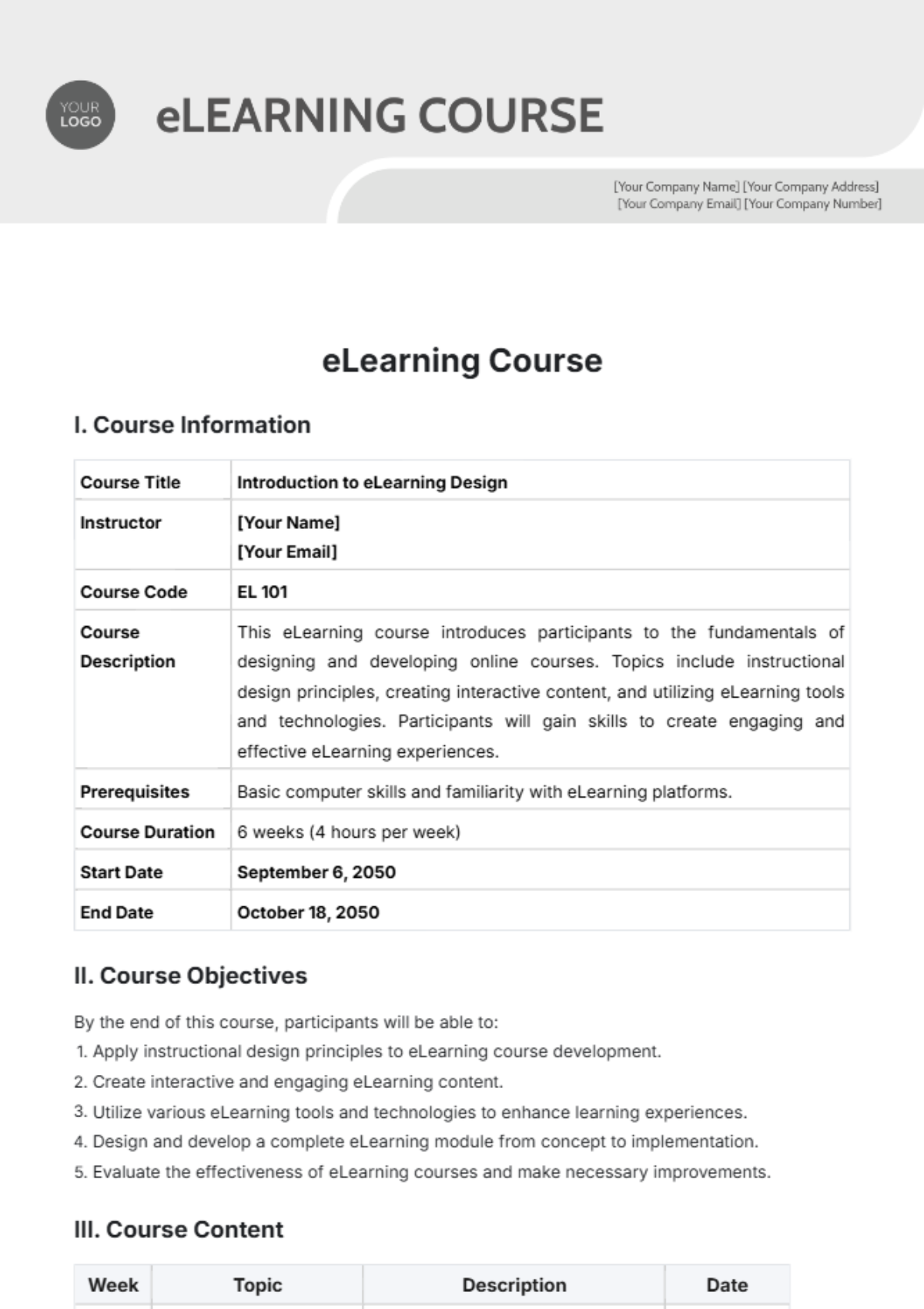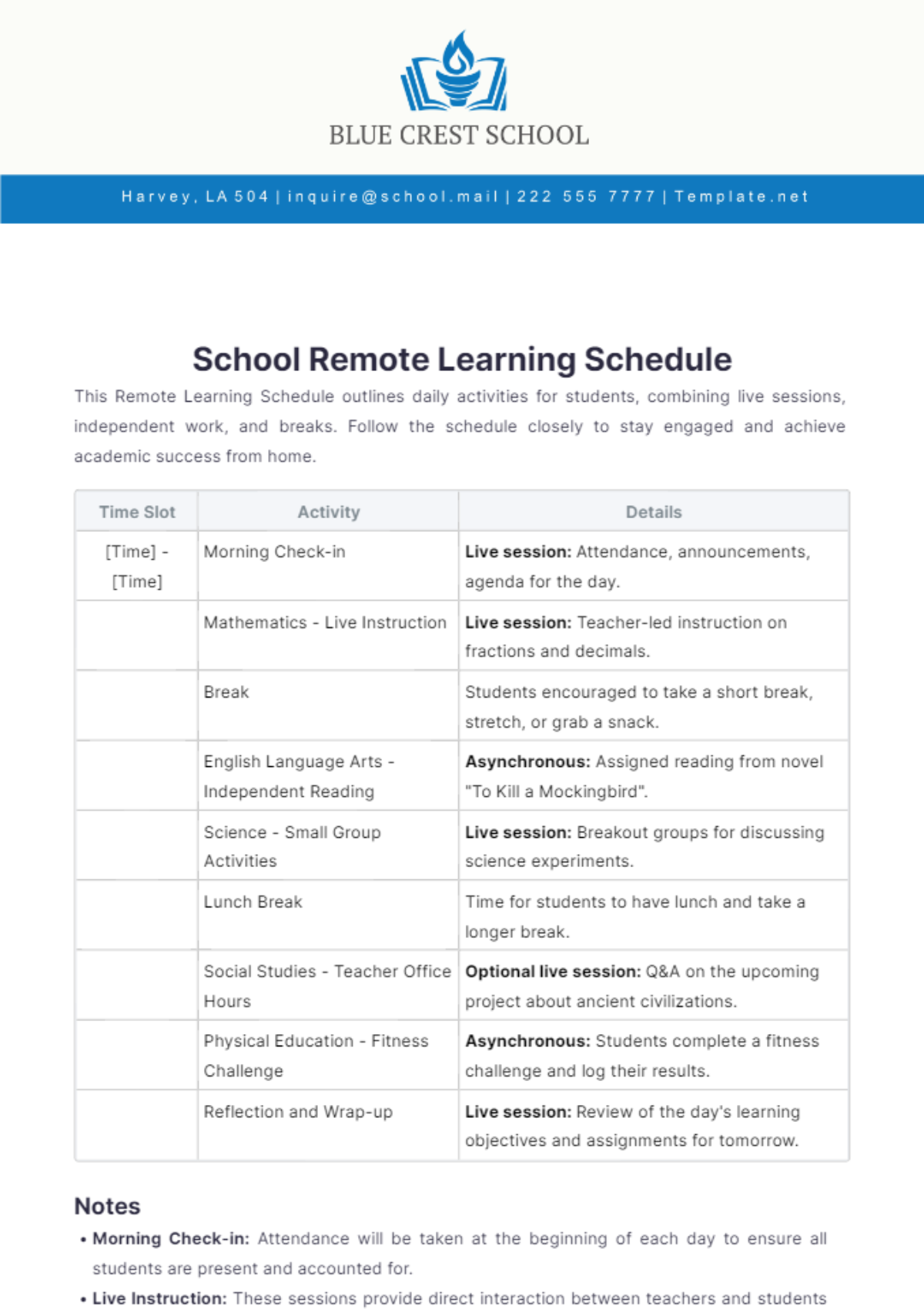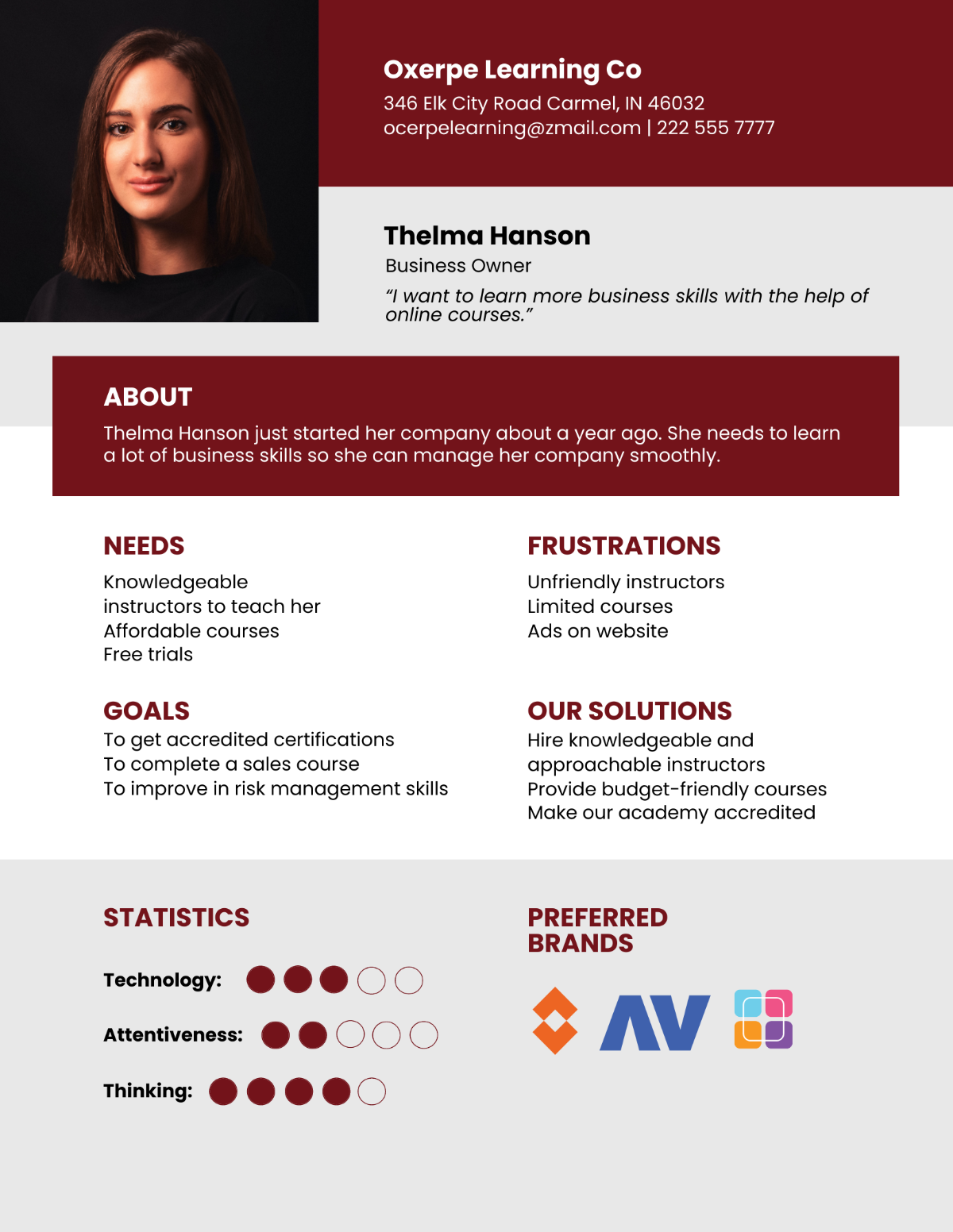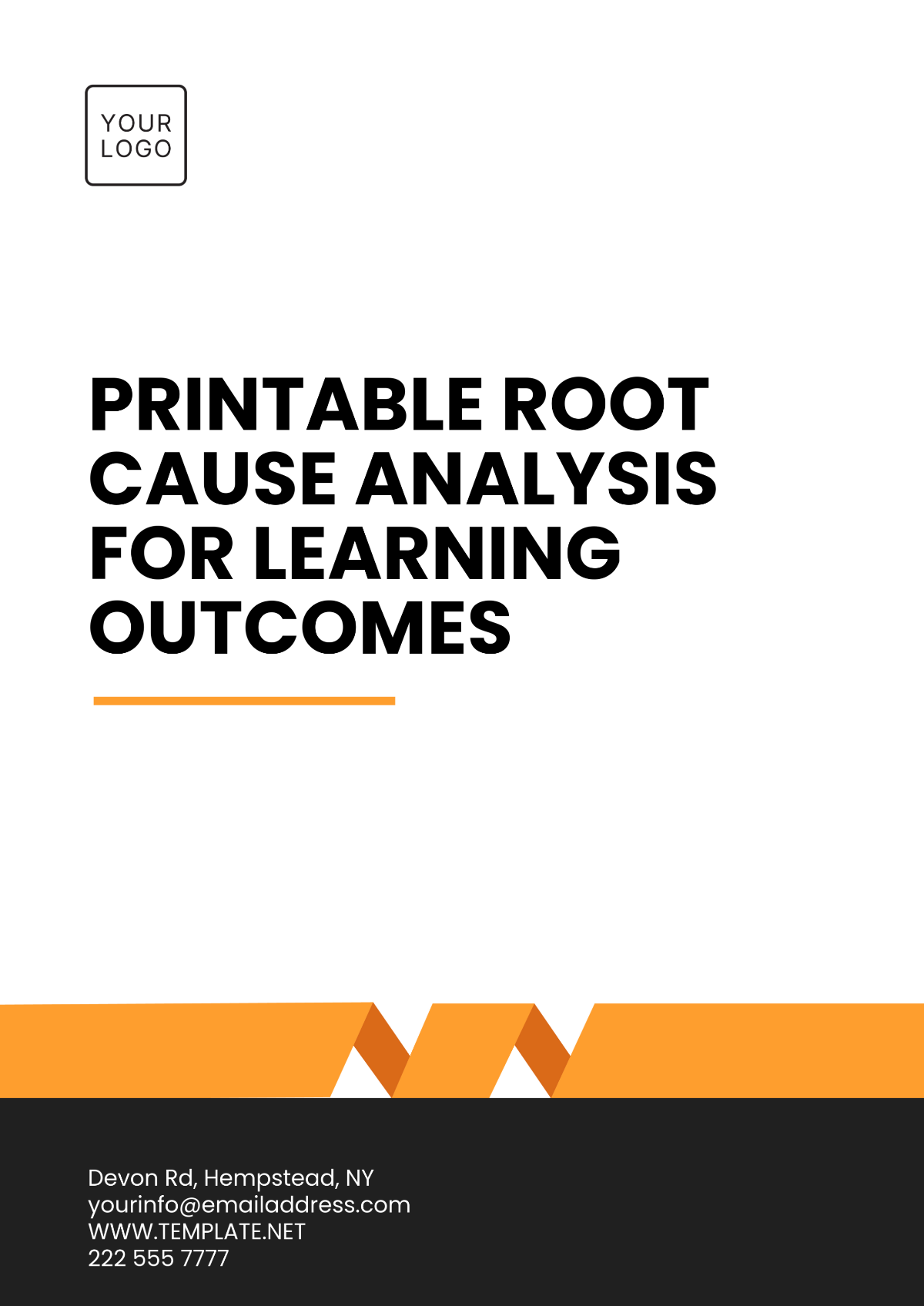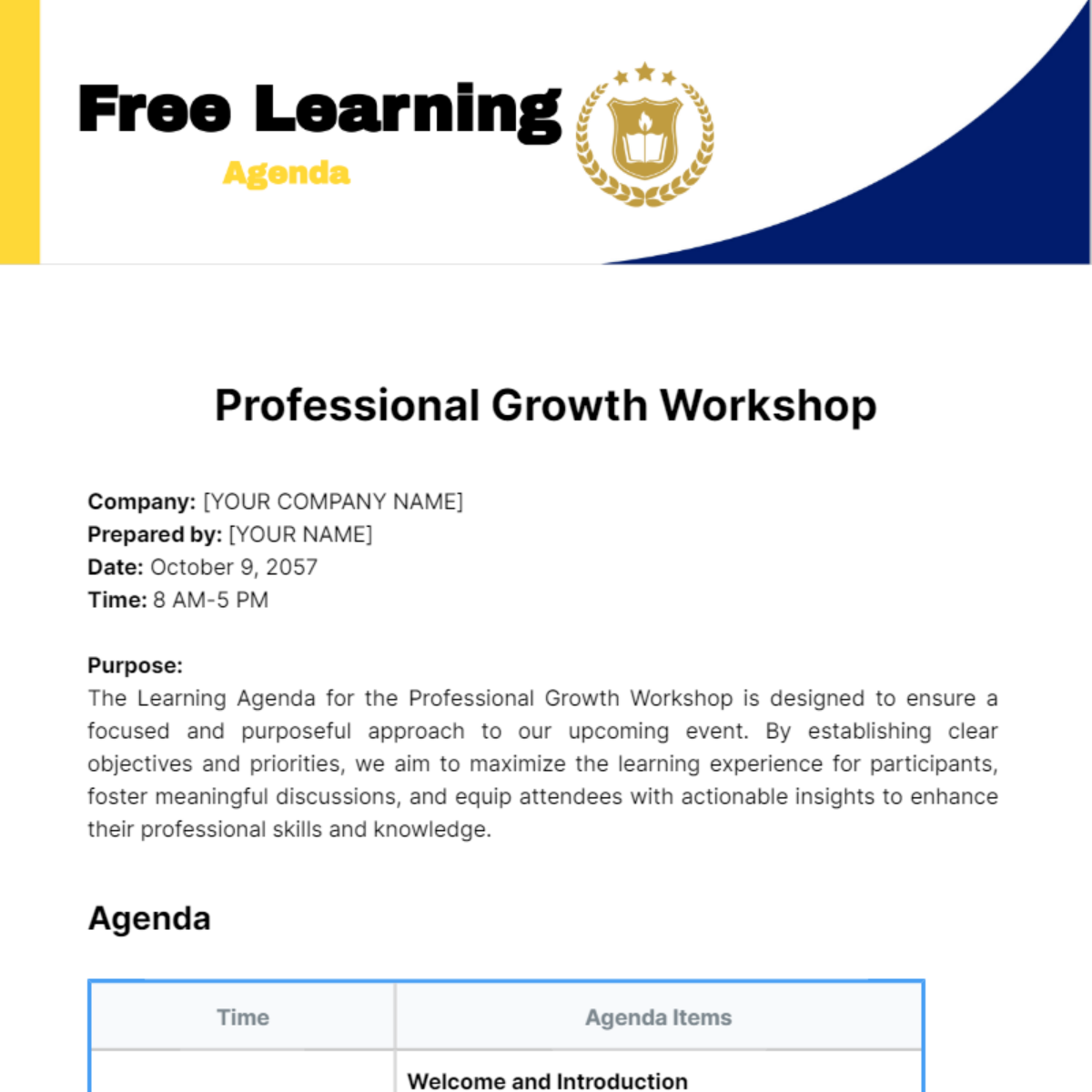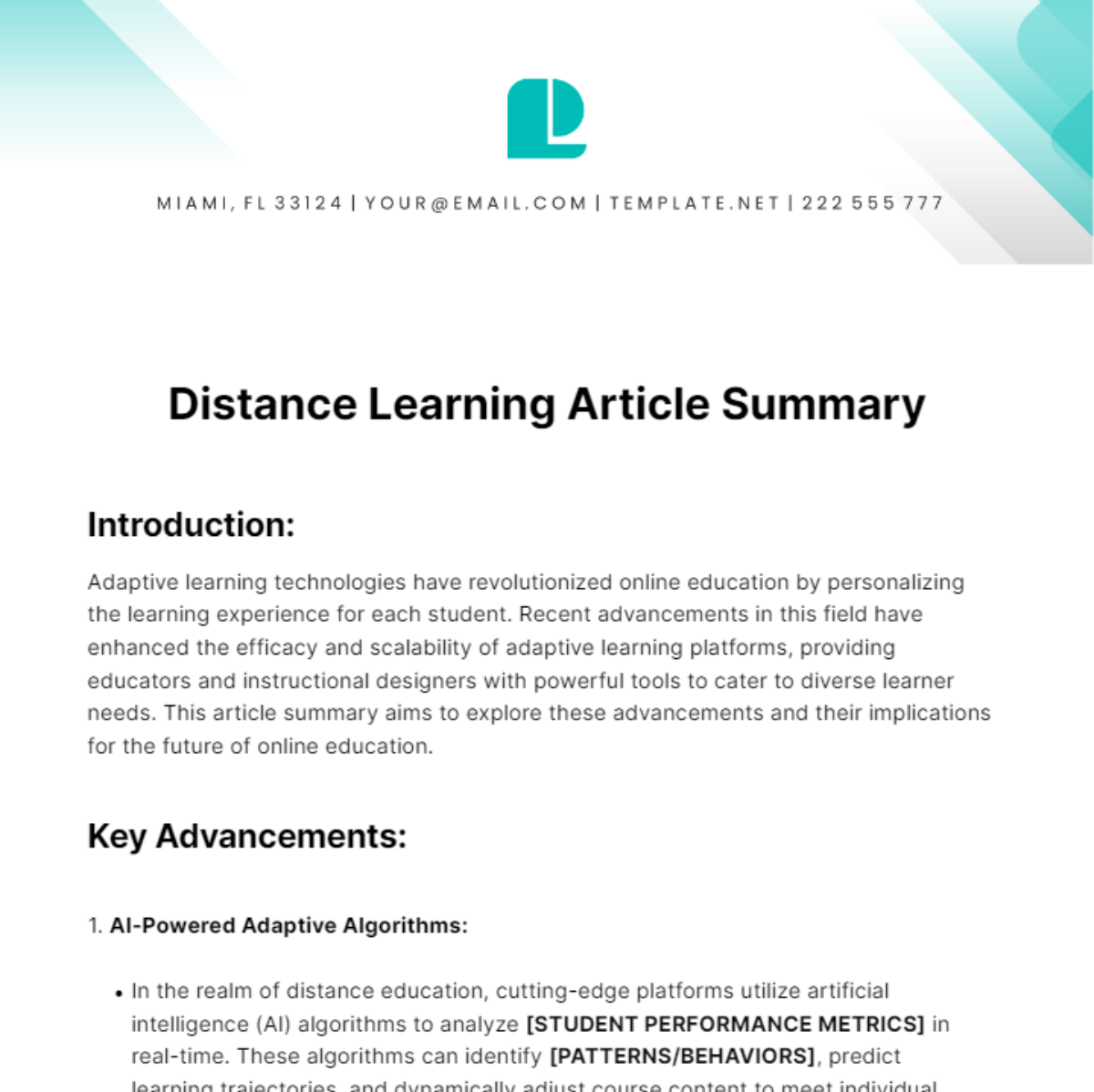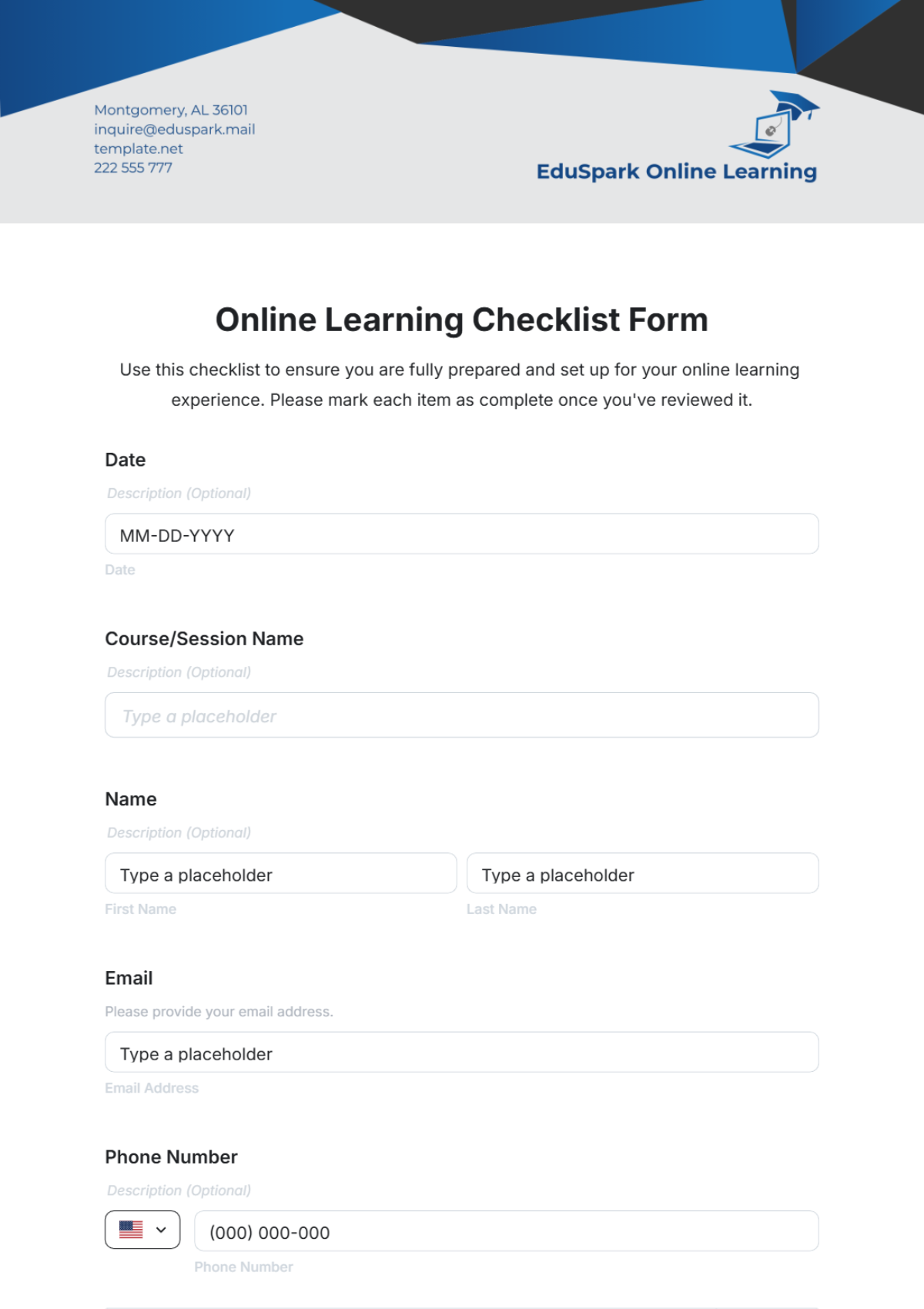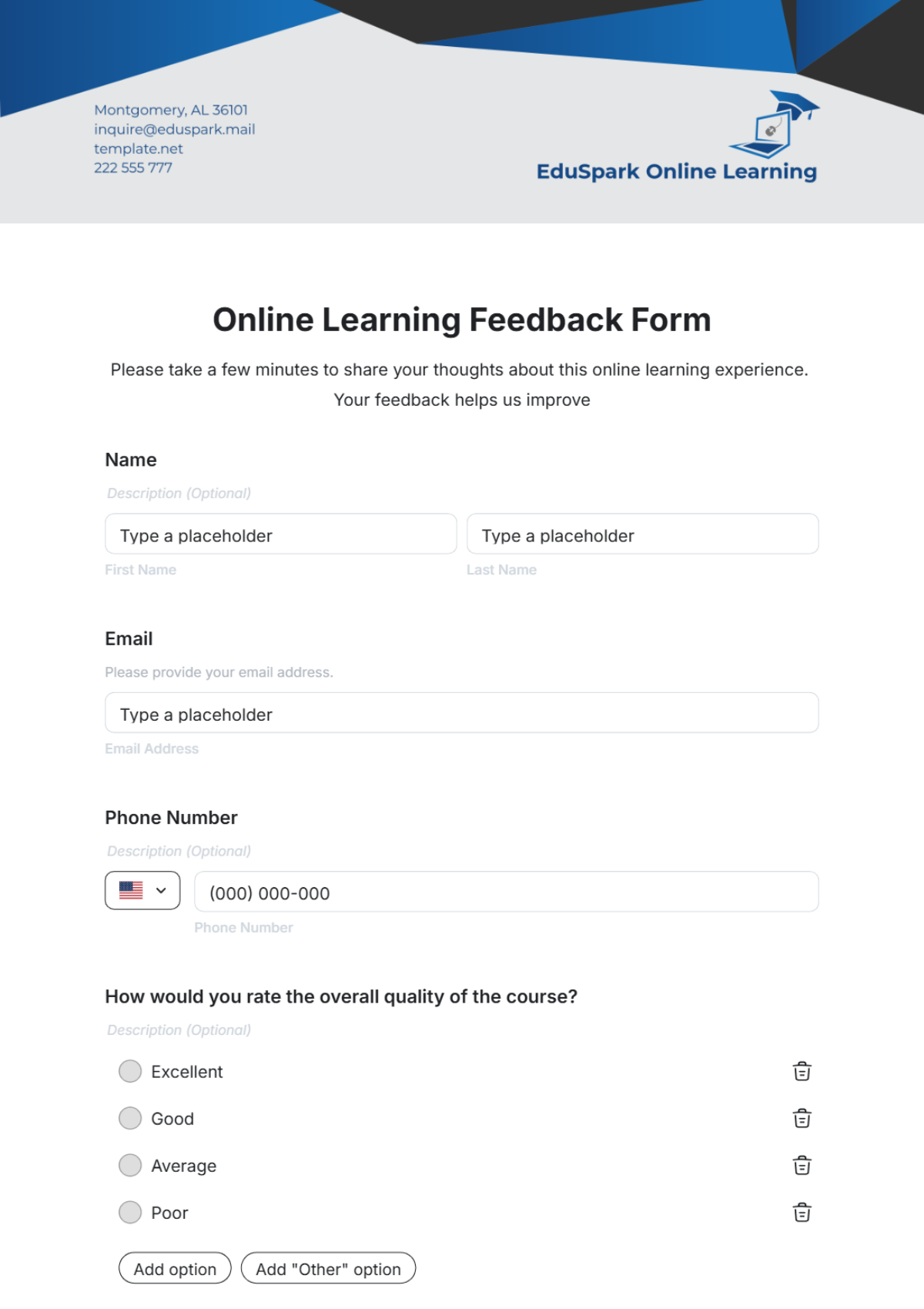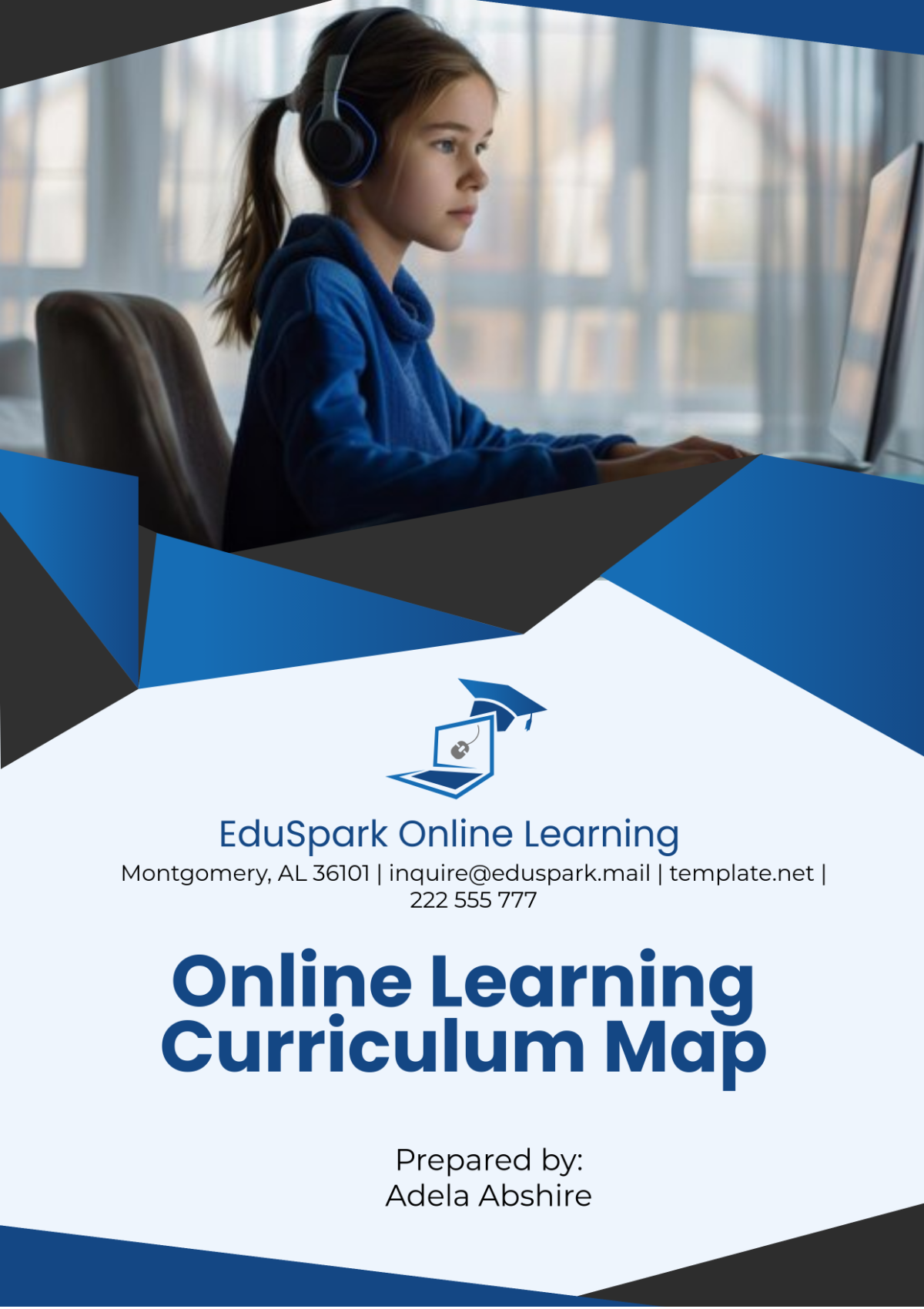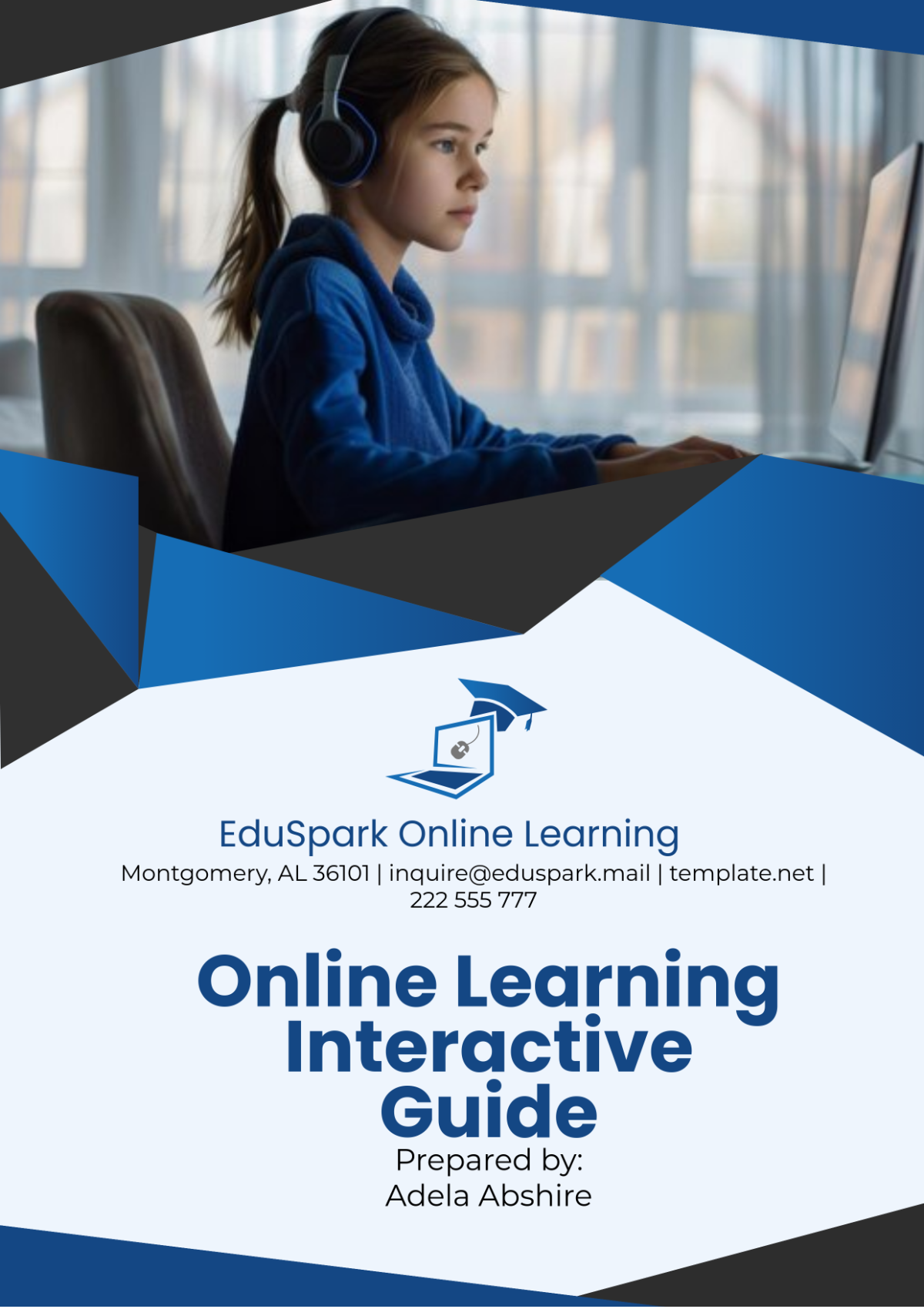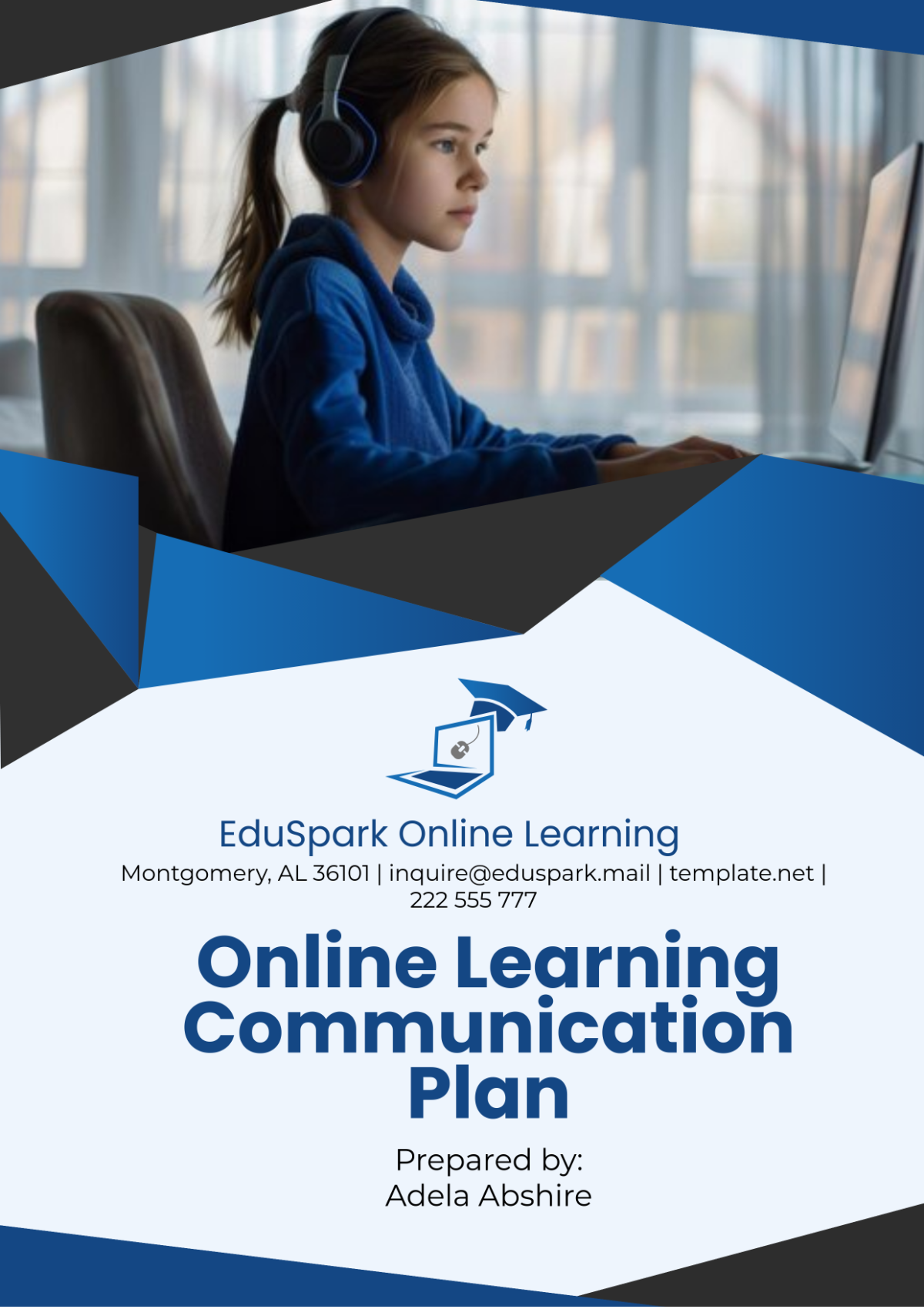Online Learning Course Outline
Course Title: Mastering Digital Marketing Strategies
I. Introduction
A. Course Overview
This course provides an in-depth understanding of digital marketing strategies, empowering learners to enhance their online presence and drive business growth. Participants will explore various digital marketing channels and learn how to create effective campaigns tailored to their target audience.
B. Learning Objectives
By the end of this course, students will be able to articulate key digital marketing concepts, develop targeted marketing campaigns, and analyze performance metrics using data analytics. These skills will equip them to succeed in a rapidly evolving digital landscape.
C. Course Structure
The course is structured into six modules, each consisting of several lessons that include video lectures, reading materials, quizzes, and practical assignments. This diverse format caters to different learning styles and ensures a comprehensive understanding of the subject matter.
II. Module 1: Introduction to Digital Marketing
Lesson 1: What is Digital Marketing?
This lesson will define digital marketing and explore its importance in today’s business environment. Students will learn about the various channels used in digital marketing, including social media, email, and search engines, and discuss how they can impact brand visibility.
Lesson 2: The Digital Marketing Ecosystem
Here, learners will examine the key components of the digital marketing landscape, including the customer journey and the significance of buyer personas. By understanding these concepts, participants can tailor their marketing strategies to better meet customer needs.
Assessment
A quiz will be administered at the end of the module to assess participants’ understanding of digital marketing concepts, ensuring they grasp the foundational knowledge required for subsequent modules.
III. Module 2: Content Marketing Fundamentals
Lesson 1: The Role of Content in Digital Marketing
This lesson focuses on the critical role that content plays in attracting and retaining customers. Students will learn about different content types, such as blogs, videos, and infographics, and how they can be used strategically to enhance engagement.
Lesson 2: Creating a Content Strategy
Participants will explore the steps involved in developing a comprehensive content marketing plan. They will learn how to create content calendars and schedule their posts effectively to maximize audience reach and engagement.
Assessment
A practical assignment will require students to draft a one-month content calendar for a fictional business, allowing them to apply the skills learned in this module.
IV. Module 3: Social Media Marketing
Lesson 1: Overview of Social Media Platforms
This lesson will cover the key social media channels available today and their respective demographics. By understanding which platforms best suit their business goals, students will be better equipped to develop a focused social media strategy.
Lesson 2: Crafting Engaging Social Media Content
Learners will discover best practices for creating engaging and shareable social media content. This lesson will include tips on visual storytelling, creating compelling captions, and utilizing analytics to refine social media strategies.
Assessment
A quiz will test students' knowledge on social media marketing concepts and the effectiveness of various content strategies discussed in the module.
V. Module 4: Search Engine Optimization (SEO)
Lesson 1: Introduction to SEO
In this lesson, participants will learn what SEO is and why it is vital for digital marketing success. They will explore key terms like keywords, backlinks, and on-page optimization, equipping them with the vocabulary necessary to navigate the SEO landscape.
Lesson 2: Building an Effective SEO Strategy
This lesson will guide students through the process of developing an effective SEO strategy, including keyword research and analysis, as well as on-page and off-page optimization techniques that can help improve website rankings.
Assessment
A project will challenge students to create an SEO plan for a website, allowing them to synthesize their learning and apply practical skills.
VI. Module 5: Email Marketing Essentials
Lesson 1: The Power of Email Marketing
This lesson will delve into the benefits of email marketing, highlighting its effectiveness in nurturing leads and converting prospects into customers. Participants will learn about different types of email campaigns, including newsletters and promotional emails.
Lesson 2: Building and Segmenting Your Email List
Learners will explore strategies for growing and segmenting their email list to enhance engagement and targeting. They will understand the importance of tailoring messages to different audience segments to improve open rates and conversions.
Assessment
A quiz will evaluate students’ understanding of email marketing strategies, ensuring they grasp key concepts before moving on to the next module.
VII. Module 6: Data Analytics for Marketing
Lesson 1: Introduction to Digital Analytics
This lesson will cover the importance of data analytics in digital marketing, introducing participants to various analytics tools such as Google Analytics and social media insights. Students will learn how to interpret data to inform their marketing strategies.
Lesson 2: Measuring Campaign Performance
Learners will discover key performance metrics to track, such as return on investment (ROI) and conversion rates. This lesson will focus on how to use data effectively to refine and optimize marketing campaigns for better results.
Assessment
A project will require students to present a report on campaign performance analysis, encouraging them to apply data-driven insights to real-world scenarios.
VIII. Conclusion
A. Course Summary
In the final section, students will recap the key takeaways from each module, reflecting on how the learned concepts interconnect. This summary will reinforce their understanding and encourage them to implement these strategies in their own marketing efforts.
B. Resources for Further Learning
Participants will receive a curated list of recommended books, articles, and online resources to continue their education in digital marketing. Suggestions for advanced courses or certifications will also be provided.
C. Feedback and Evaluation
A course evaluation form will be distributed to gather student feedback. This feedback will be instrumental in improving future iterations of the course and addressing any areas for enhancement.
IX. Optional Extras
A. Discussion Forums
Dedicated discussion forums will be available for students to interact, share insights, and ask questions related to course materials. This collaborative environment will foster community engagement and enhance learning.
B. Additional Resources
A collection of curated links to relevant podcasts, webinars, and articles will be provided. Access to professional networks and groups will also be encouraged, helping students connect with industry professionals.
C. Certification or Badge
Information will be provided on how to earn a certificate of completion upon finishing the course. This certification can be a valuable addition to participants' resumes, showcasing their expertise in digital marketing.
